Κείμενο
Πρόσφατα είχα μία συνεδρία μέσα από το skype με έναν πελάτη, ο οποίος μου είπε κάτι που έχω ακούσει κι άλλες φορές. Μου λέει: “αν τα χημικά γλυκαντικά δεν ήταν ασφαλή δεν θα είχε απαγορευτεί η χρήση τους;” Ακούγεται λογικό μέχρι ένα σημείο. Υπάρχουν ελεγκτικοί μηχανισμοί που ελέγχουν αν αυτά που κυκλοφορούν στην αγορά είναι ασφαλή για κατανάλωση. Ας πούμε, για τα φάρμακα υπάρχουν στον κόσμο οργανισμοί αντίστοιχη με τον ΕΟΦ, που ελέγχουν αν τα φάρμακα περιέχουν ουσίες που δημιουργούν πρόβλημα στην υγεία. Λογικά, πρέπει να υπάρχει κάτι αντίστοιχο και για τις τροφές. Όχι ακριβώς. Υπάρχουν κάποιοι μηχανισμοί που ελέγχουν, αλλά παραδόξως αυτοί που ελέγχουν κατά πόσο είναι ασφαλή τα χημικά συστατικά που υπάρχουν μέσα στις τροφές είναι οι ίδιες οι εταιρείες που τα βάζουν μέσα στα φαγητά που εμπορεύονται. Αυτό με απλά λόγια σημαίνει ότι η εταιρεία πού πουλάει το αναψυκτικό που περιέχει ασπαρτάμη, είναι η ίδια εταιρεία που αποφασίζει αν η ασπαρτάμη είναι ασφαλής. Αν αυτό το ακούτε για πρώτη φορά, μην σας κάνει εντύπωση. Σε μία έρευνα που έγινε φέτος ανάμεσα σε καταναλωτές στην Αμερική, μόλις το 29% των ερωτηθέντων γνώριζαν ότι οι ίδιες οι εταιρείες αξιολογούν την ασφάλεια των χημικών συστατικών των τροφών τους. Μάλιστα ένα πολύ μεγάλο ποσοστό, 31%, πιστεύετε ότι υπάρχουν κρατικοί φορείς οι οποίοι ελέγχουν για την ασφάλεια αυτών των συστατικών. Δηλαδή, πιστεύουν ότι υπάρχει ένας οργανισμός αντίστοιχος με τον ΕΟΦ ο οποίος αξιολογεί αν η ασπαρτάμη είναι ασφαλής ή όχι. Δυστυχώς, δεν υπάρχει ένας τέτοιος οργανισμός. Είναι αυτό πρόβλημα; Για μένα ακούγεται σαν να βάζουμε τον λύκο να φυλάει τα πρόβατα. Σίγουρα, η εταιρεία που εμπορεύεται το αναψυκτικό με την ασπαρτάμη, το κυκλαμικό οξύ, τι σουκραλόζη και όλα τα υπόλοιπα χημικά γλυκαντικά κάνει μελέτες για να δει αν αυτά τα γλυκαντικά είναι ασφαλή. Είναι όμως πιθανό να ερμηνεύει τα αποτελέσματα αυτών των ερευνών με τρόπο που να μην έρχεται σε σύγκρουση με τα οικονομικά της συμφέροντα. Σίγουρα, αν κάτι είναι εμφανώς επικίνδυνο

και σκοτώνει κόσμο δεν θα το βάλει στο αναψυκτικό της. Αν όμως κάτι είναι οριακά ασφαλές, ή ακόμα και ανασφαλές κάτω από ορισμένες συνθήκες, τότε υπάρχει κίνδυνος να ερμηνεύσει τα αποτελέσματα των ερευνών ασφαλείας προς το συμφέρον της. Ή ακόμα, να μην κάνει μελέτες σε ειδικούς πληθυσμούς, όπως παιδιά, έφηβους, ή άτομα που παίρνουν φάρμακα. Αυτό φυσικά είναι παγκόσμιο θέμα και δεν αφορά μόνο την Ελλάδα. Σίγουρα δεν μπορούμε να το αλλάξουμε αυτό. αυτό που μπορούμε να κάνουμε όμως είναι να αποφύγουμε τα προϊόντα που περιέχουν πρόσθετα χημικά συστατικά, χρώματα, γλυκαντικά και άλλες χημικές ουσίες. με αυτό τον τρόπο έχουμε δύο οφέλη. και προστατεύουμε την υγεία μας από ουσίες που εν δυνάμει είναι επικίνδυνες, αλλά και δείχνουμε στη βιομηχανία παραγωγής τροφίμων και αναψυκτικών ότι εμείς δεν θέλουμε τροφές και αναψυκτικά με χημικά πρόσθετα. Ένα χημικό πού βρίσκουμε πολυσύχναστα ψάρια είναι η φορμαλδεΰδη. η φορμαλδεΰδη είναι μία καρκινογόνος ουσία Που Καλό είναι να μην υπάρχει στο πιάτο μας. αν Τρώτε ψάρια, τότε Αξίζει να δείτε το σχετικό βίντεο που σας εξηγώ τι είναι και Πώς φτάνει η φορμαλδεΰδη μέσα στα ψάρια και τι μπορεί να κάνετε για να προστατευτείτε. σας ευχαριστώ πολύ.

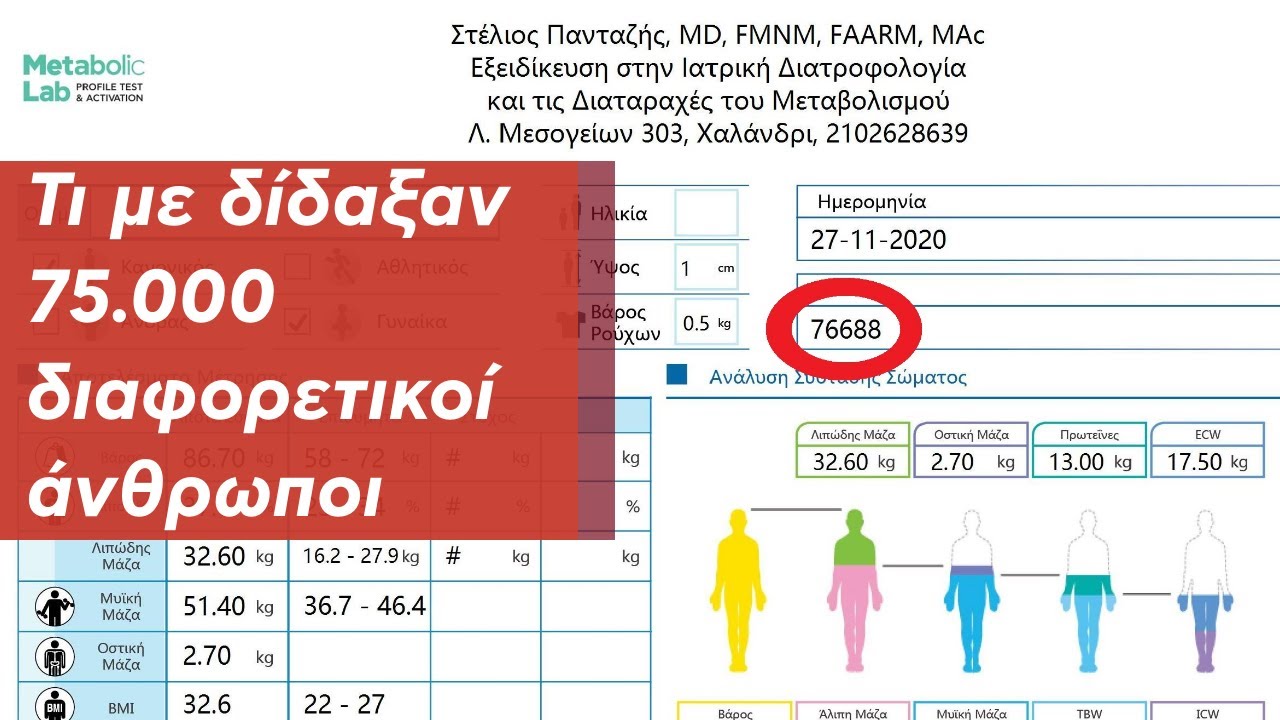
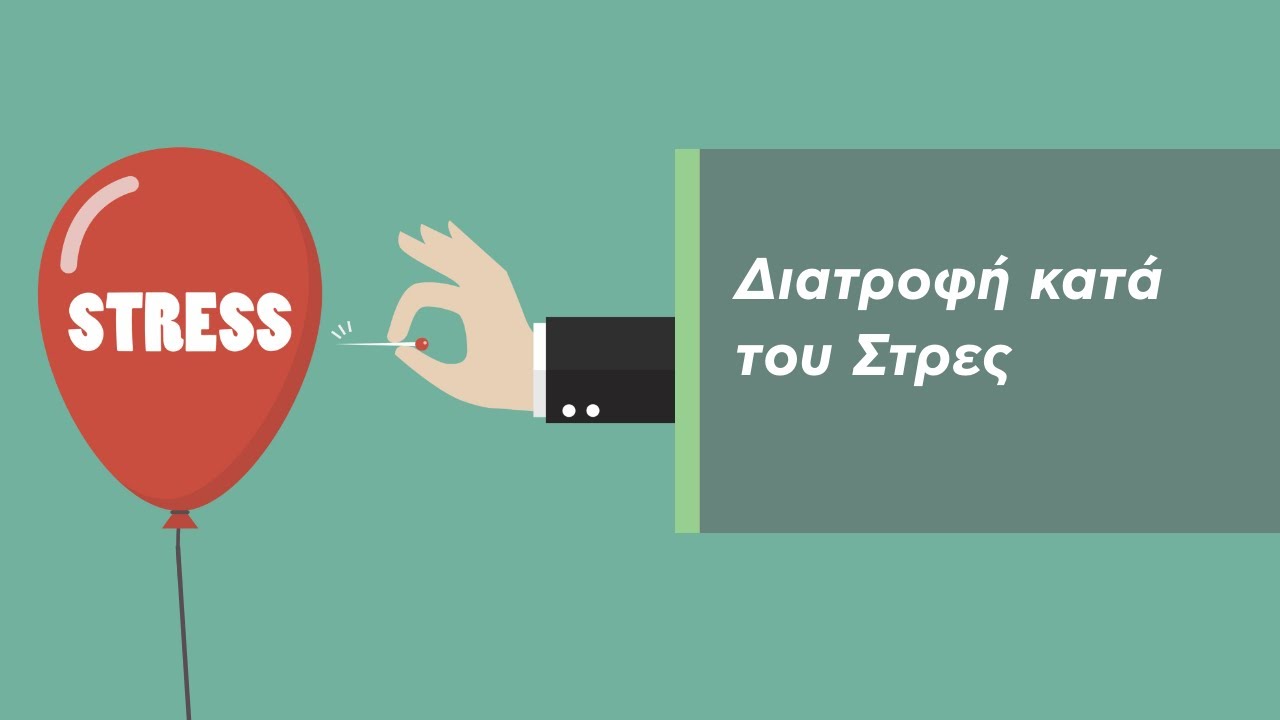
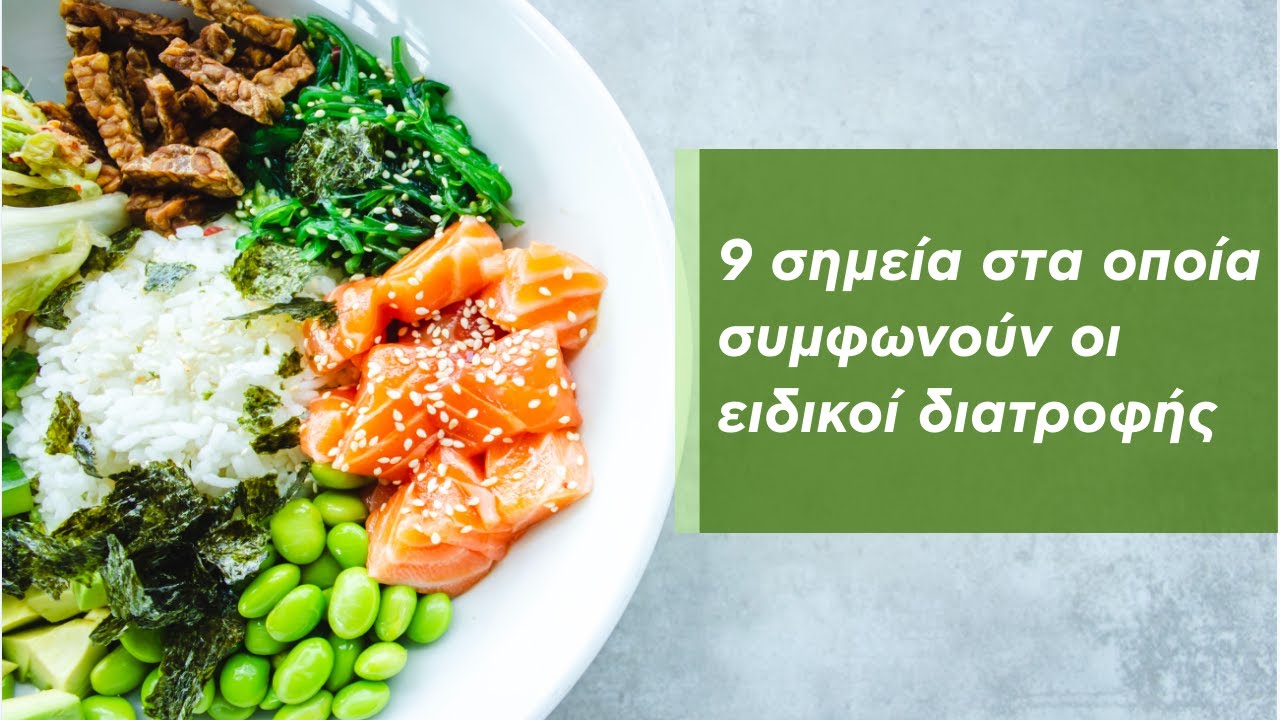
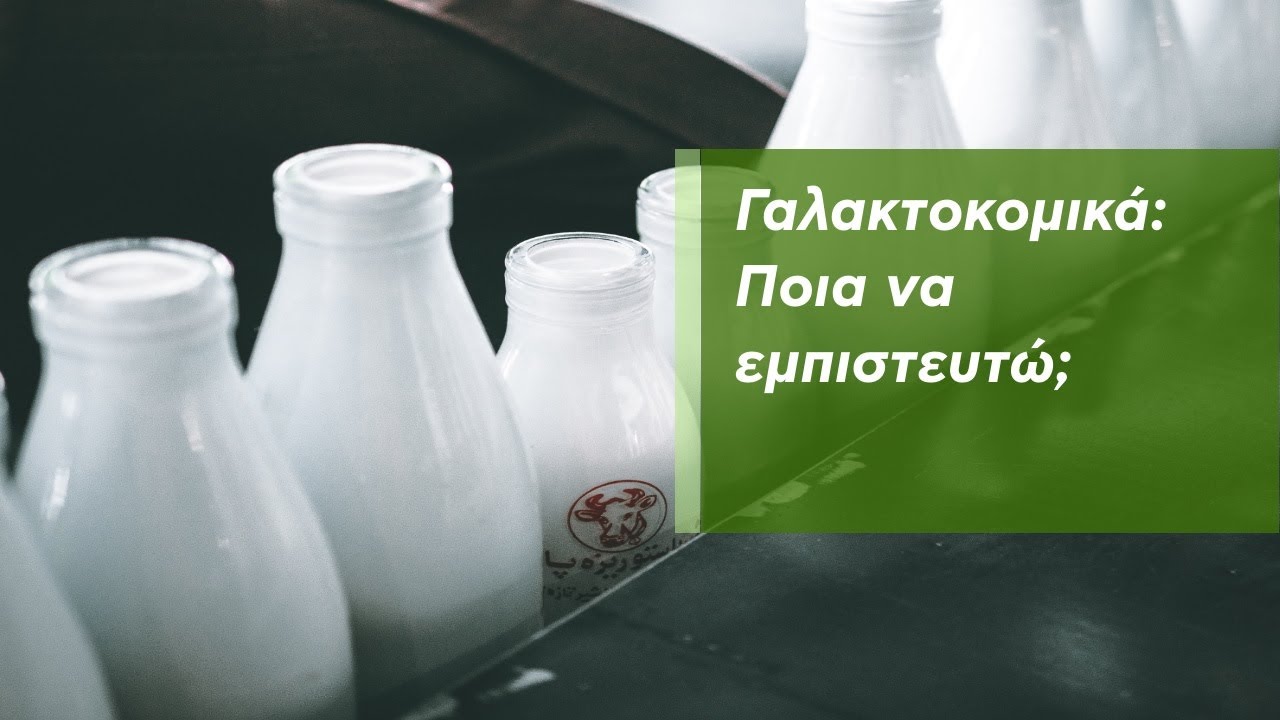
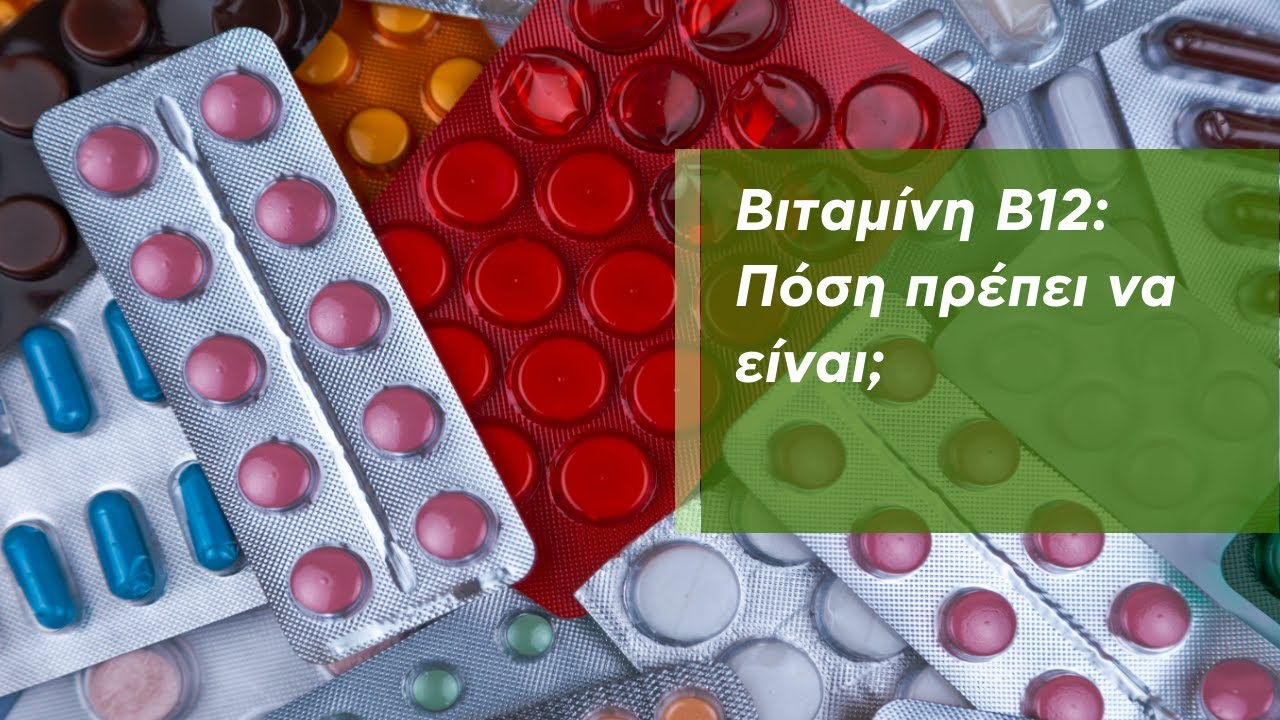

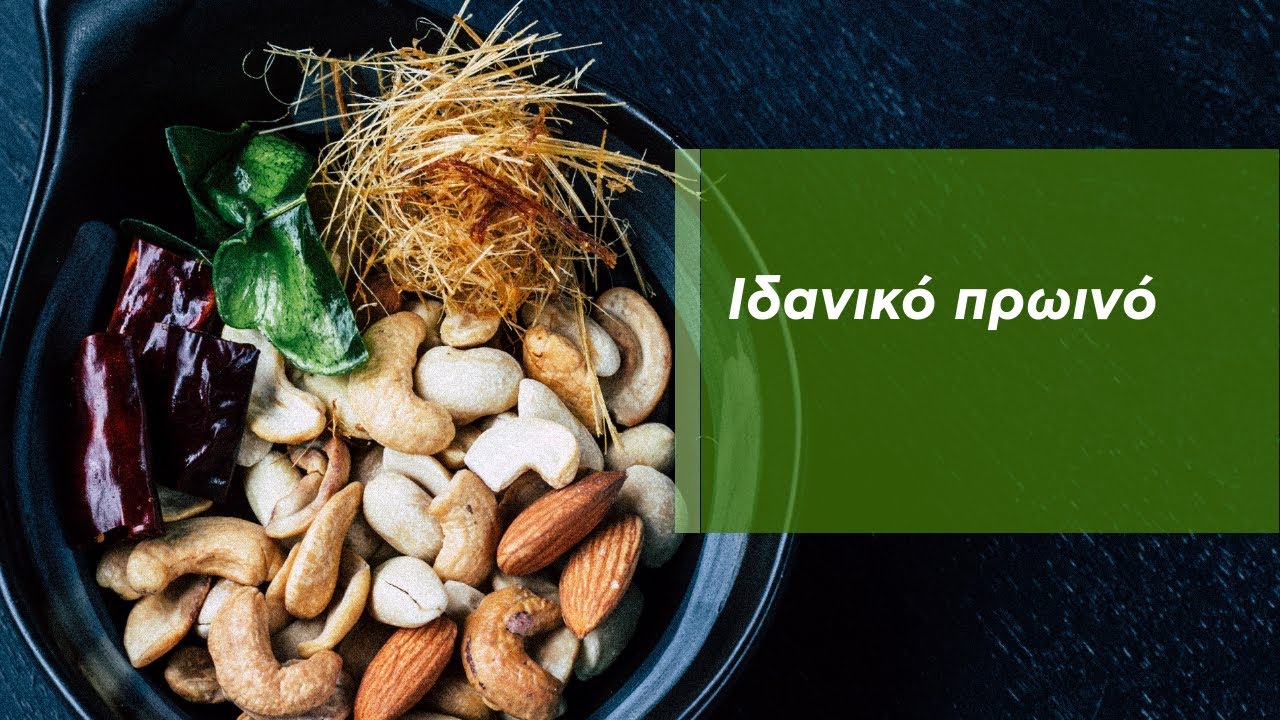
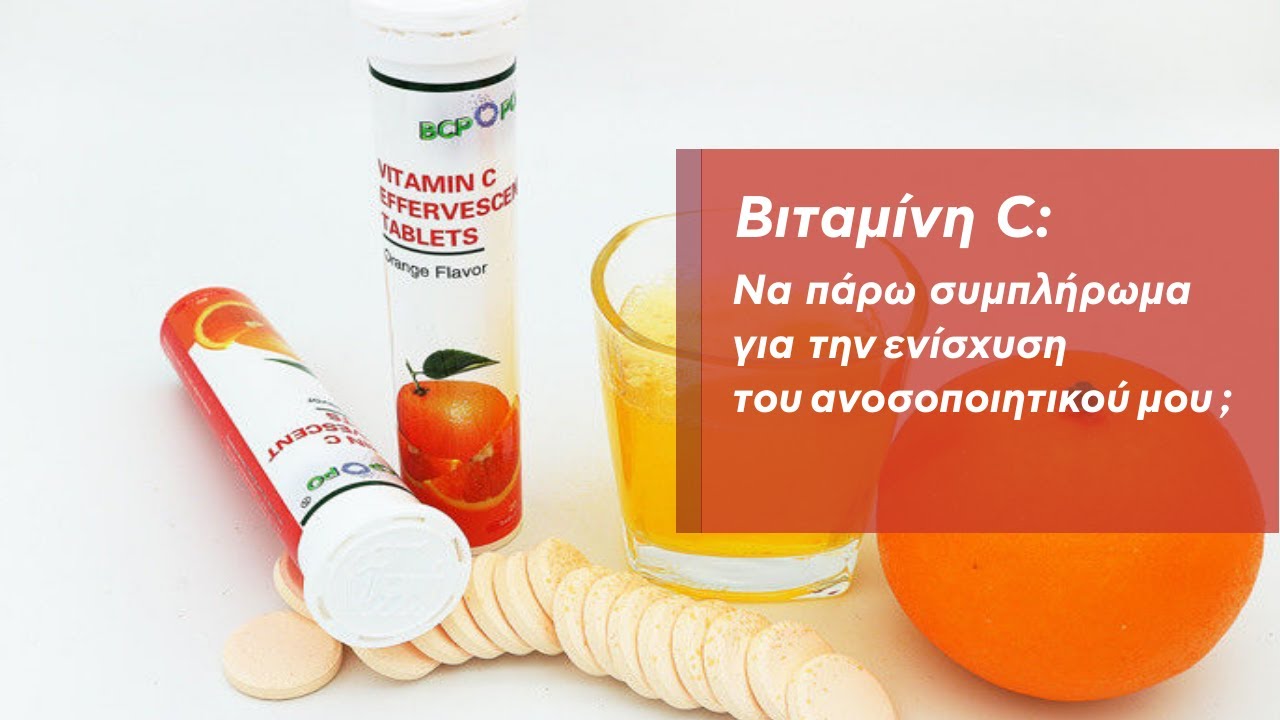

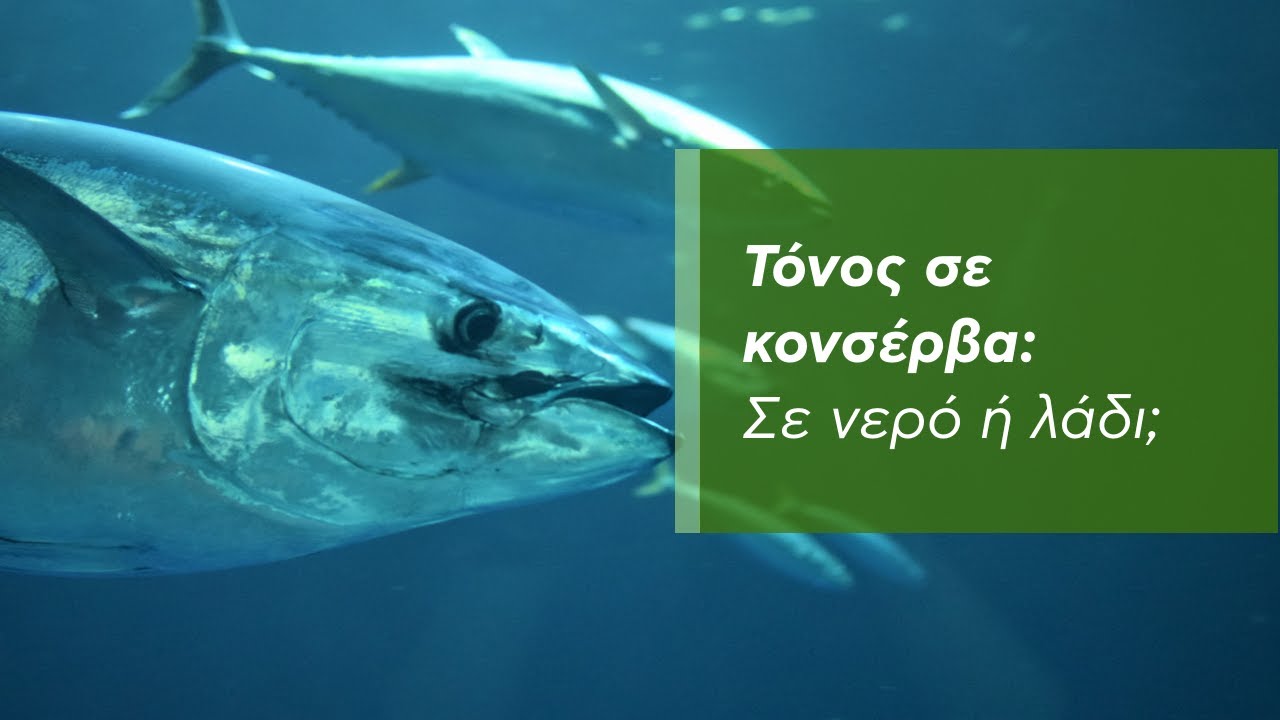

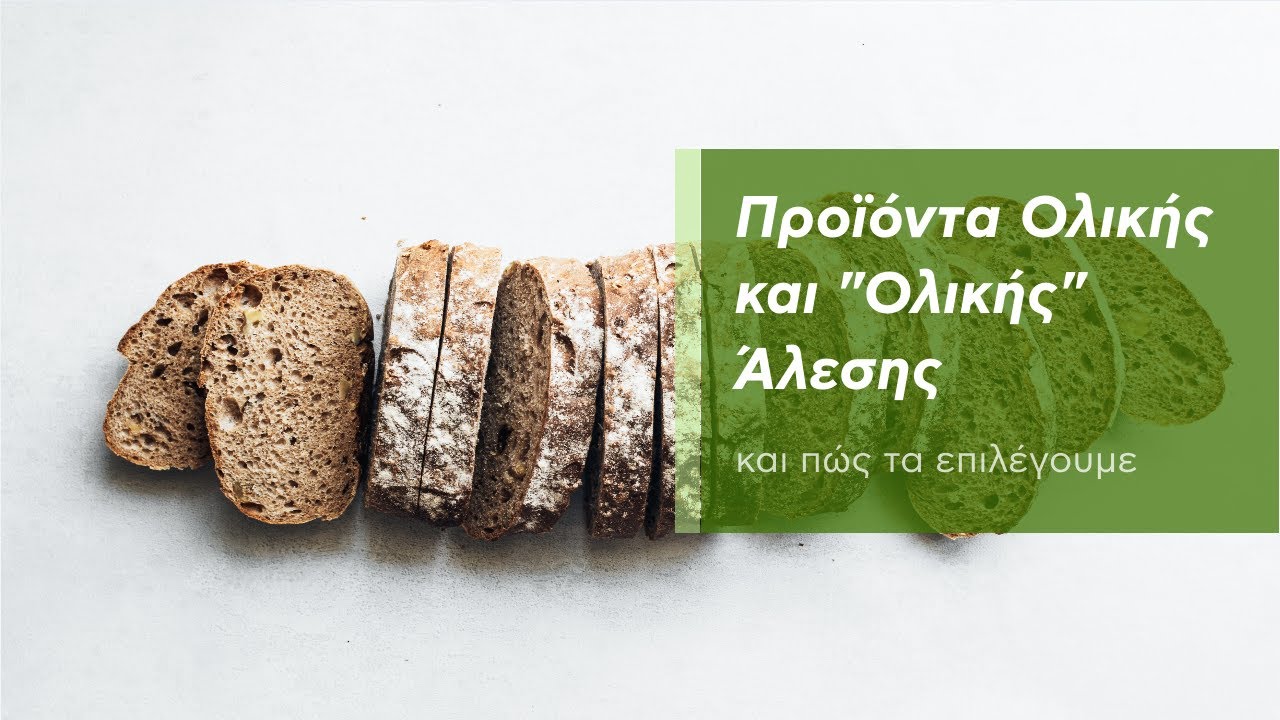
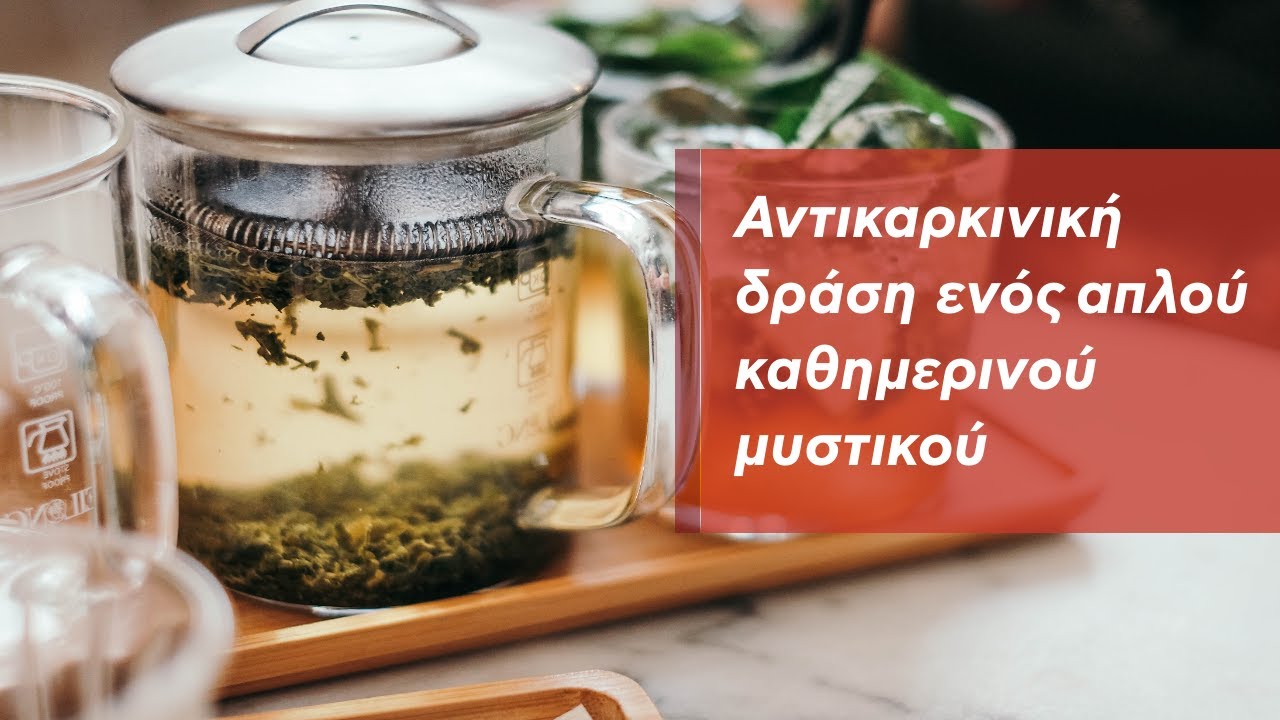

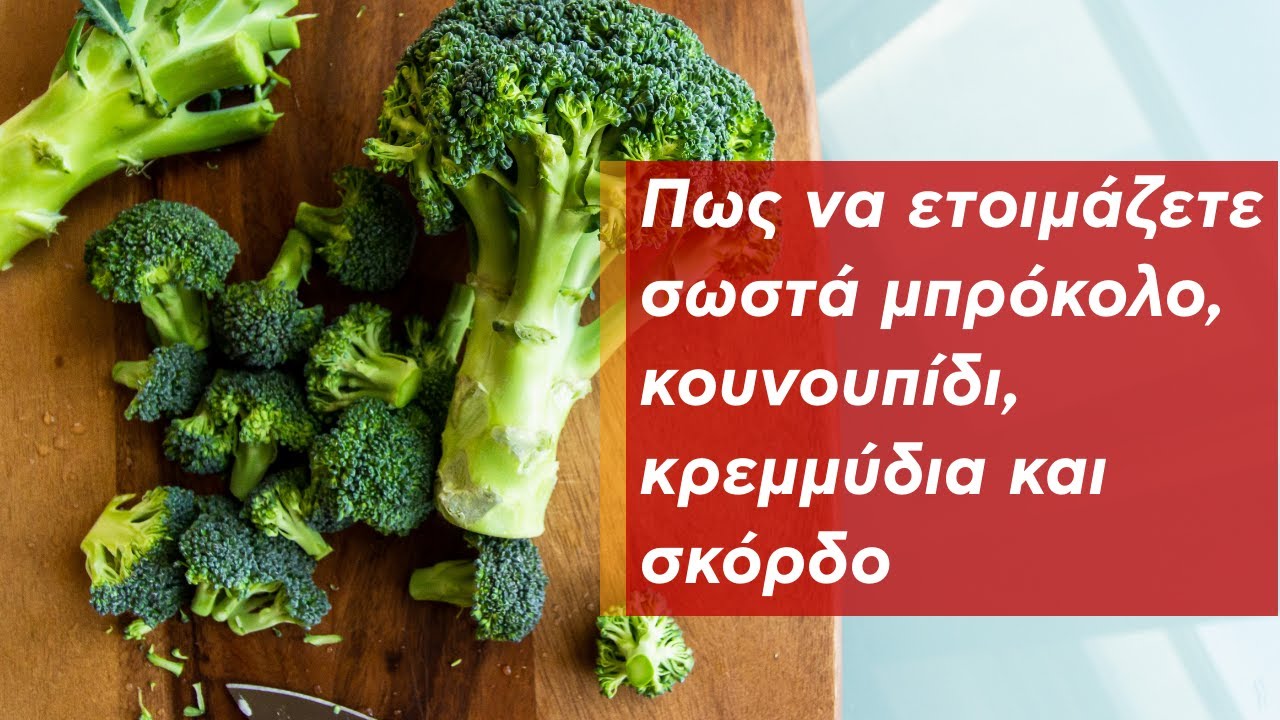
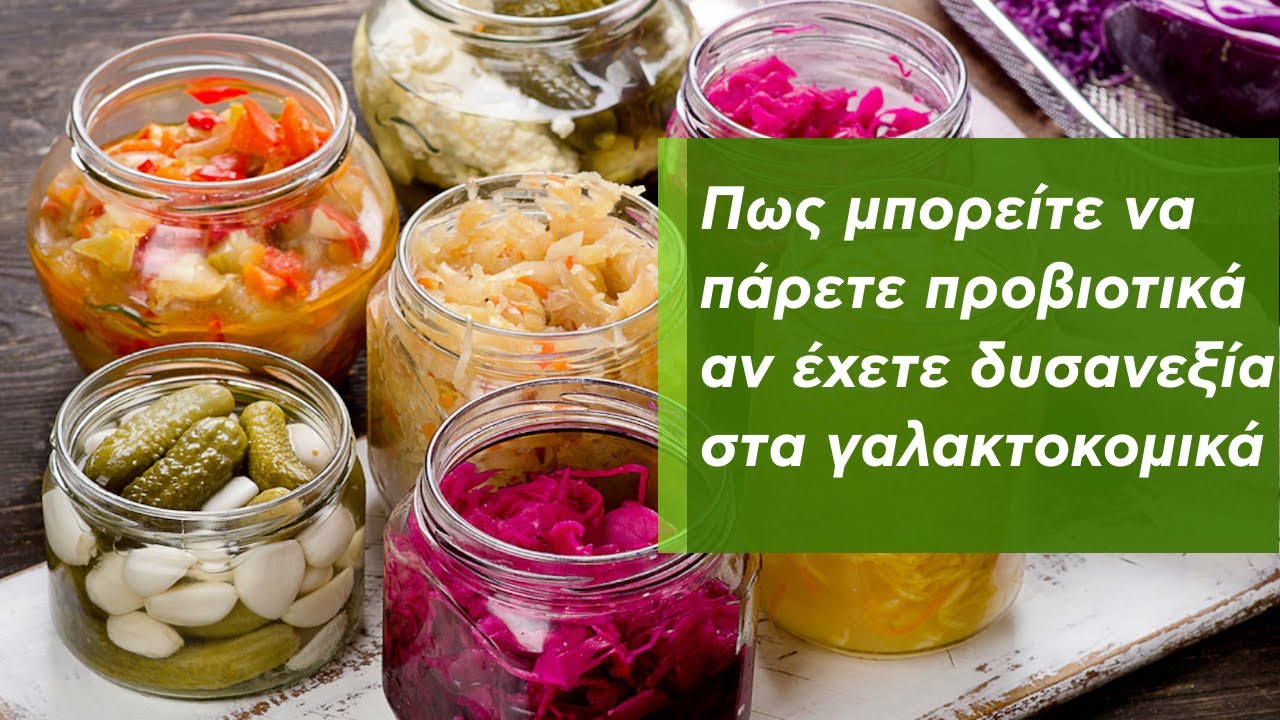


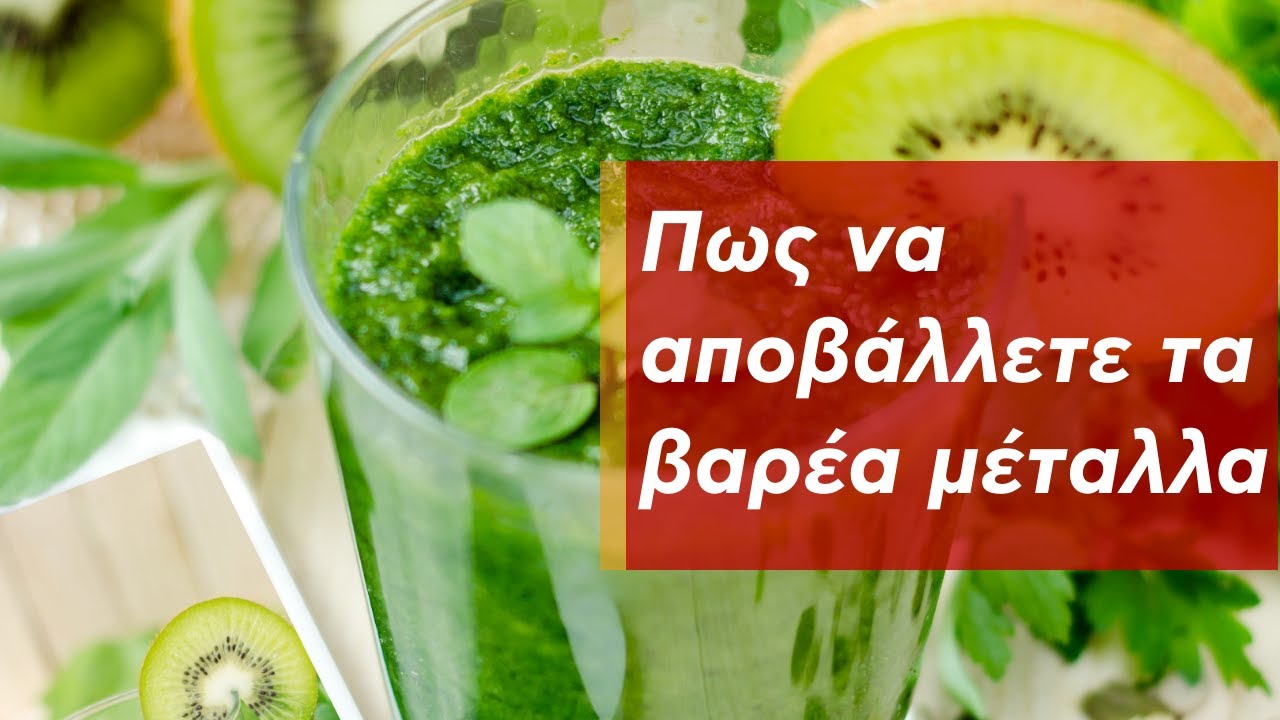

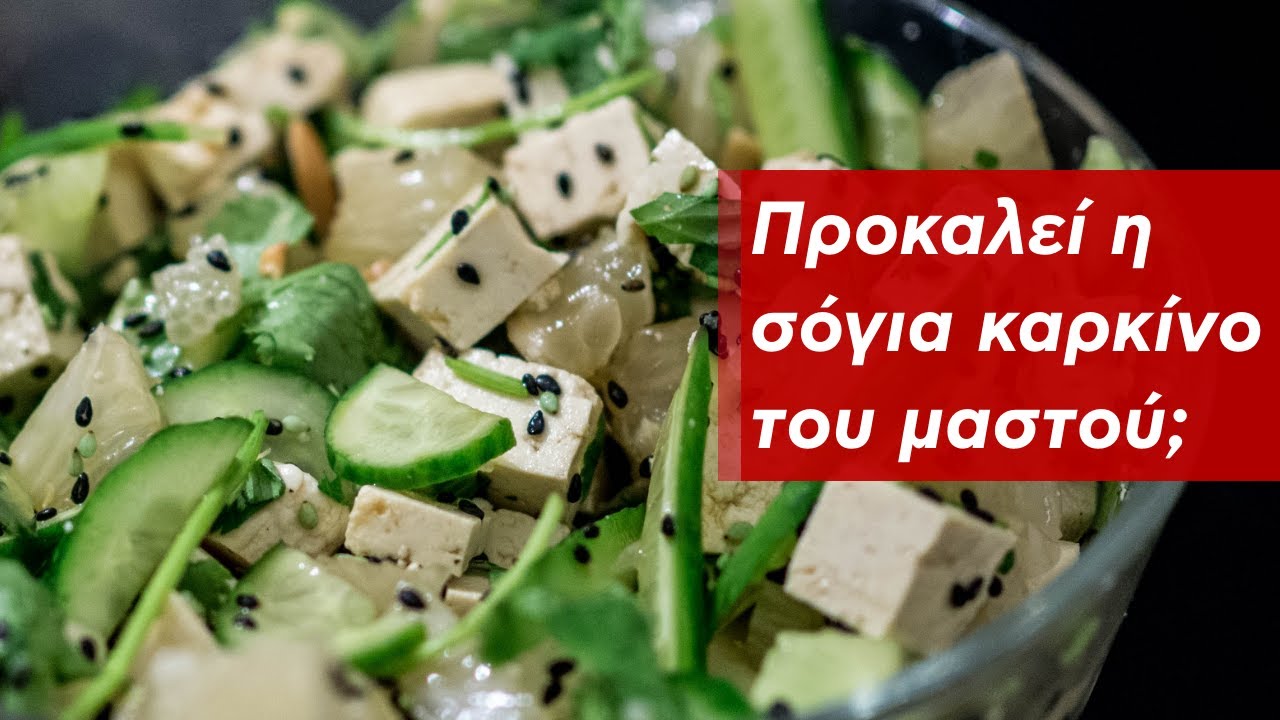

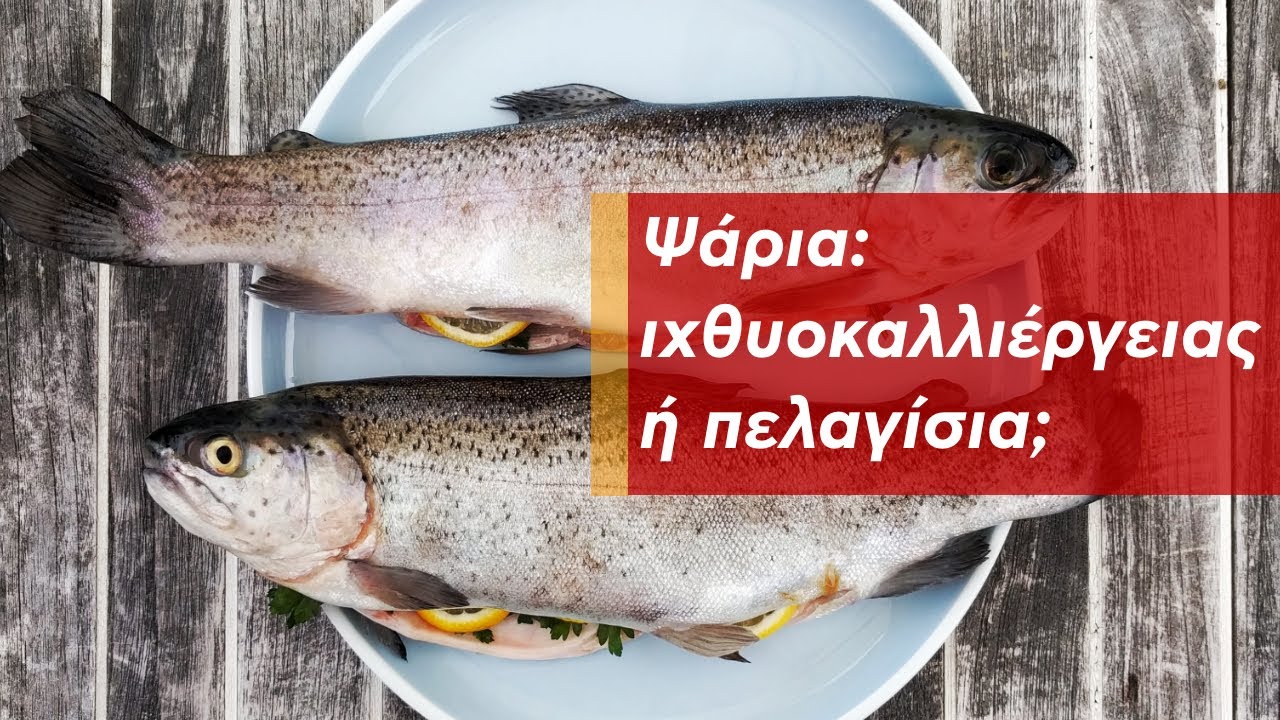
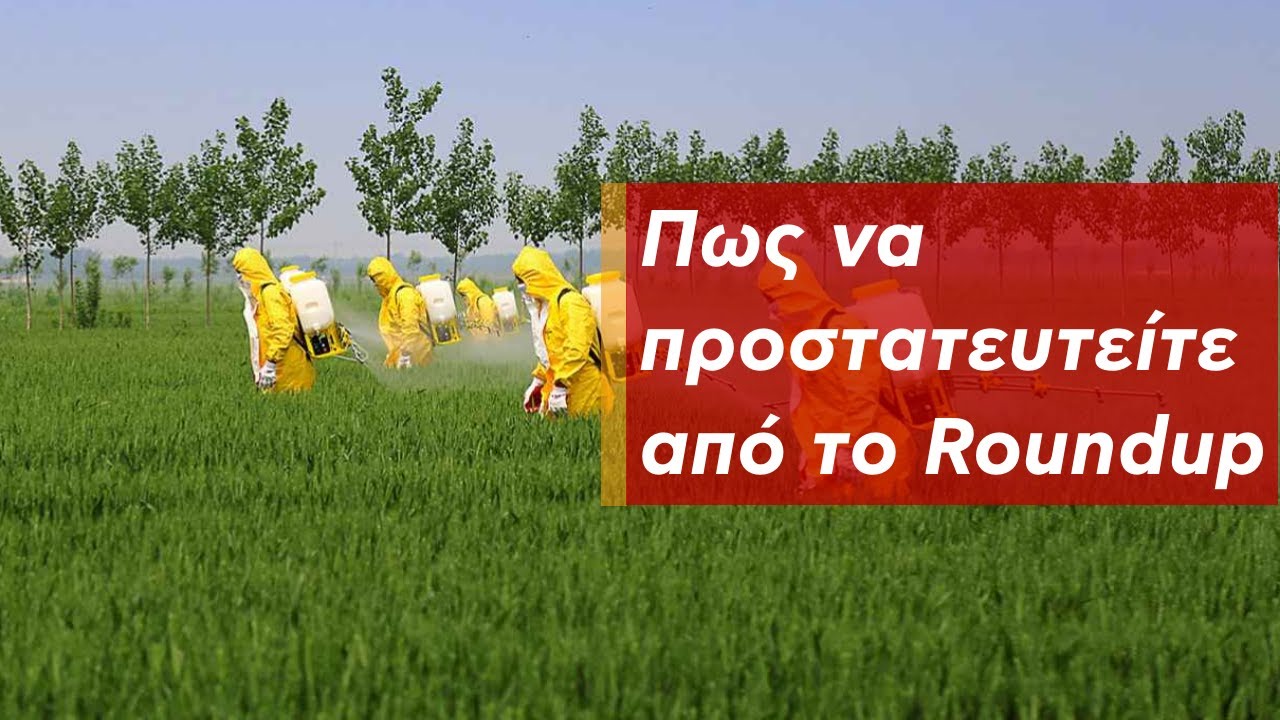
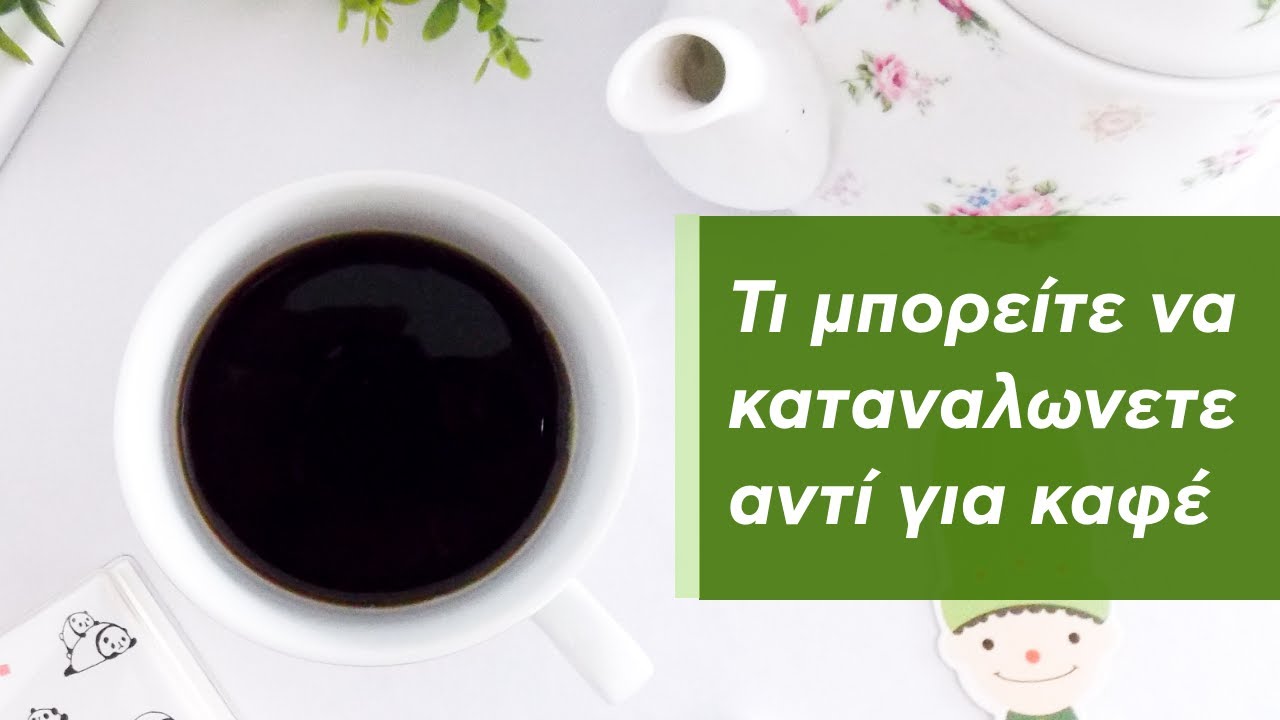
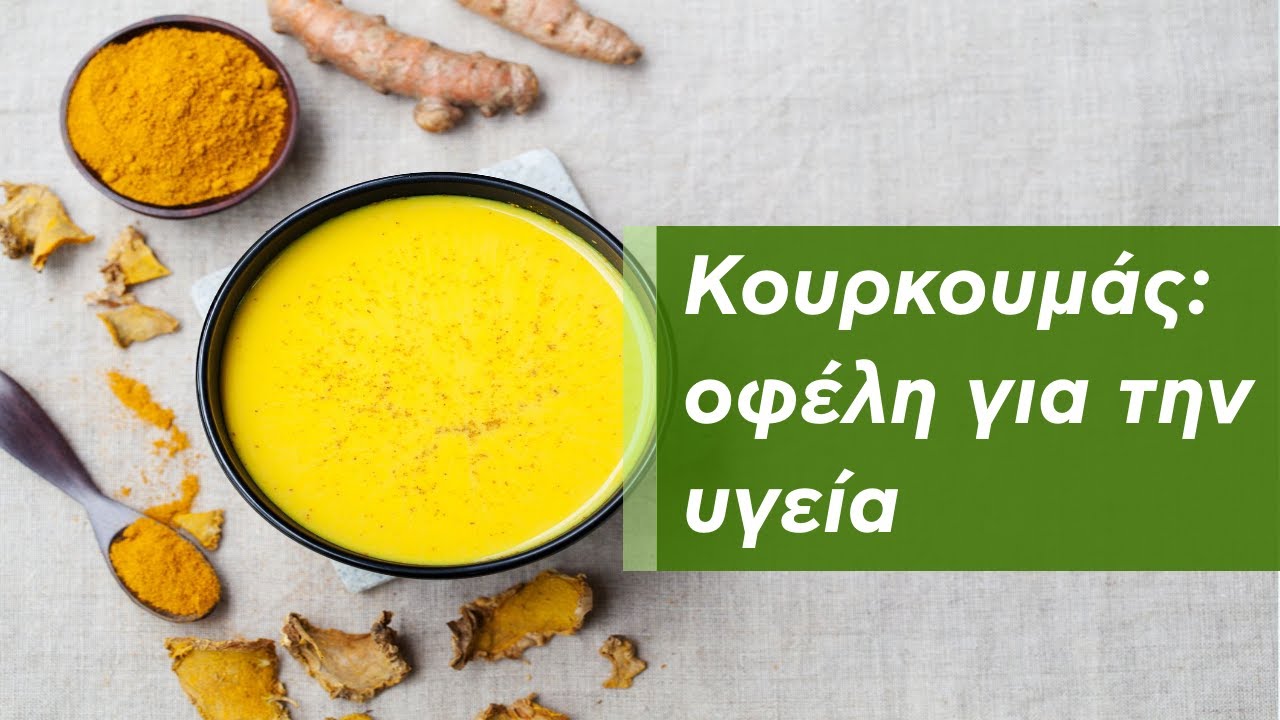
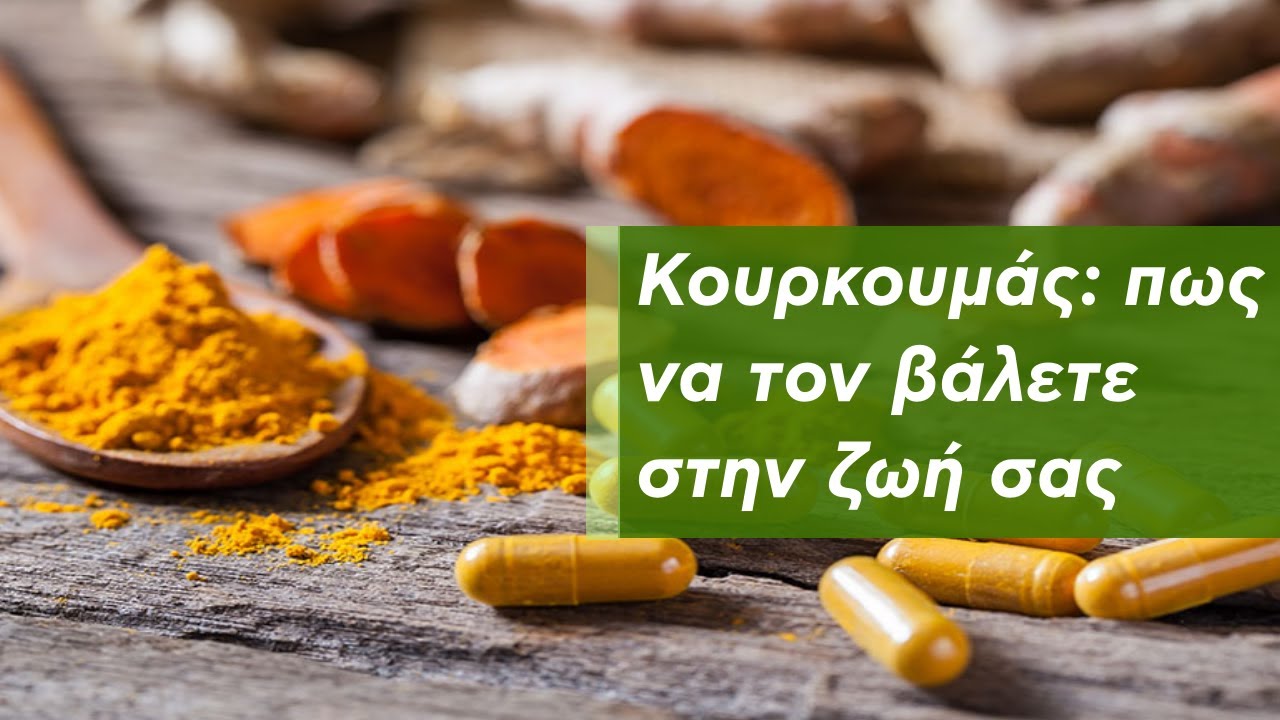
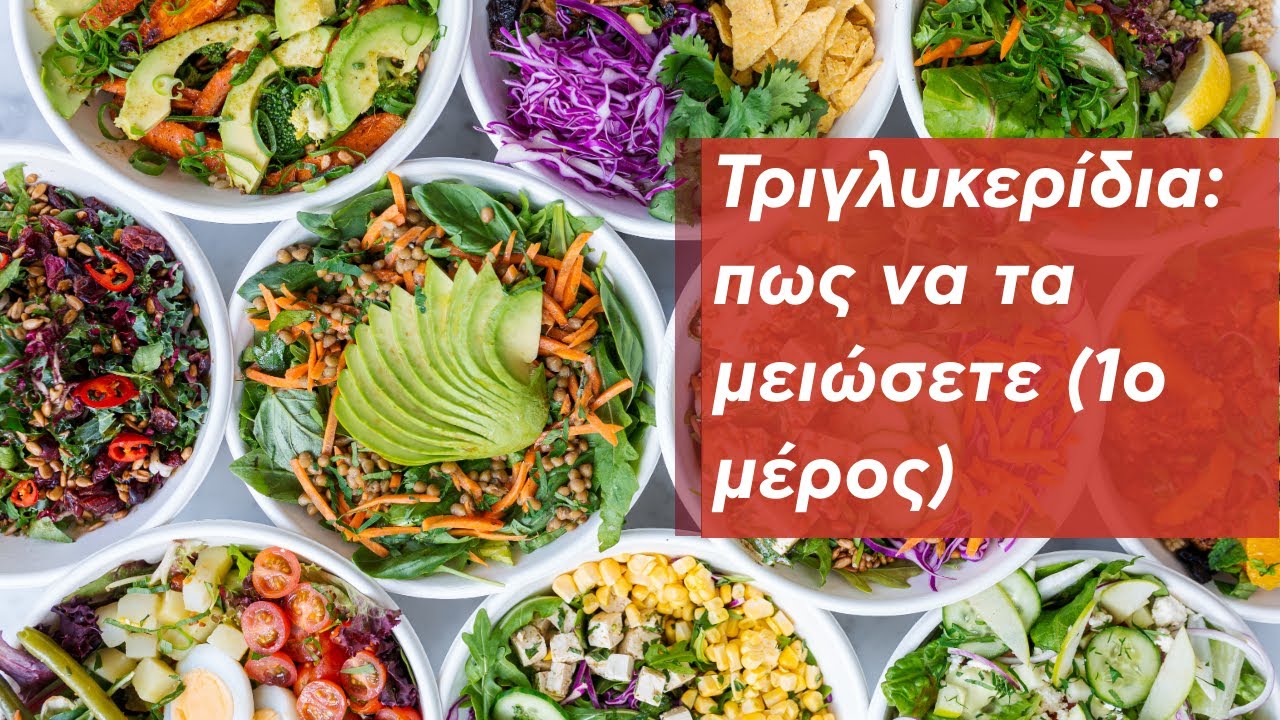



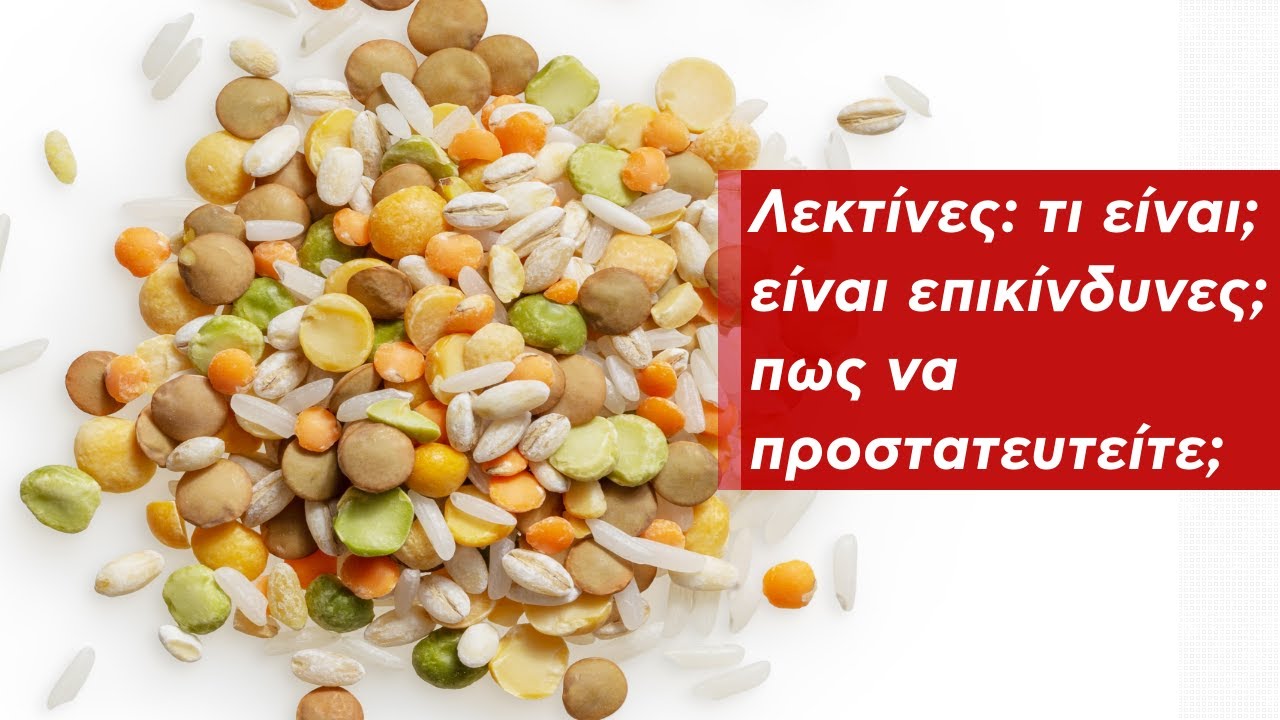


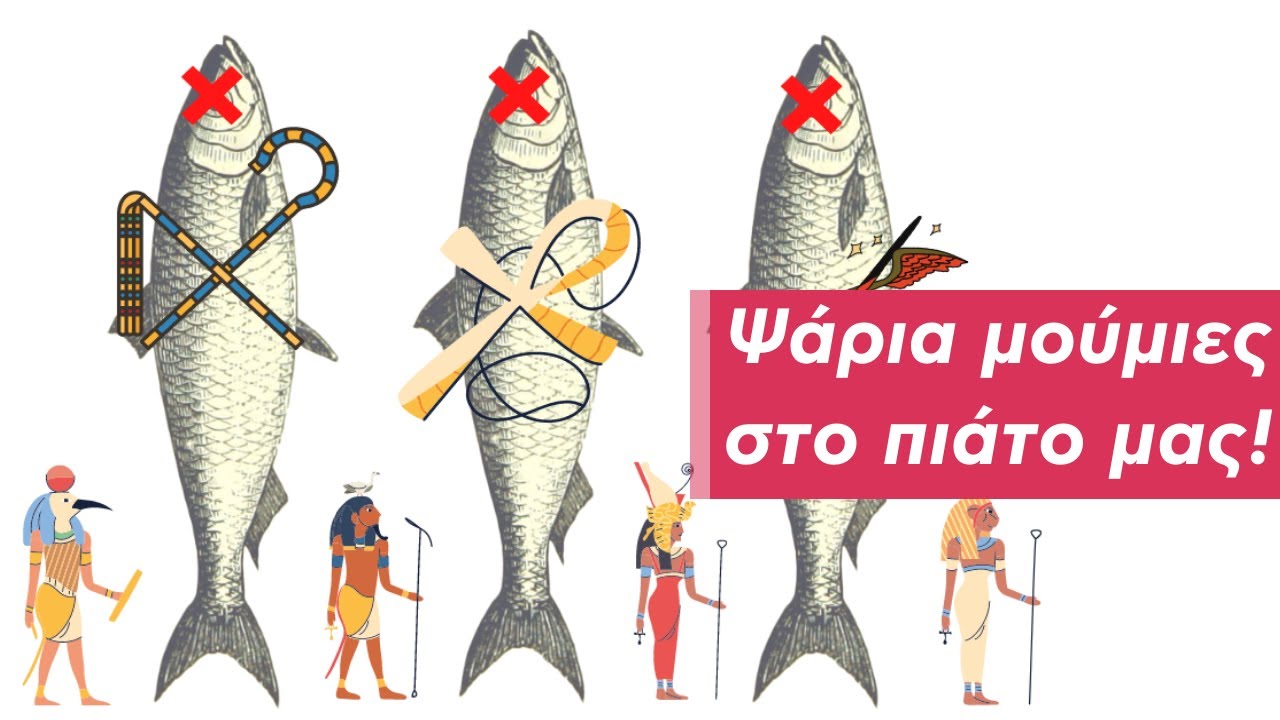


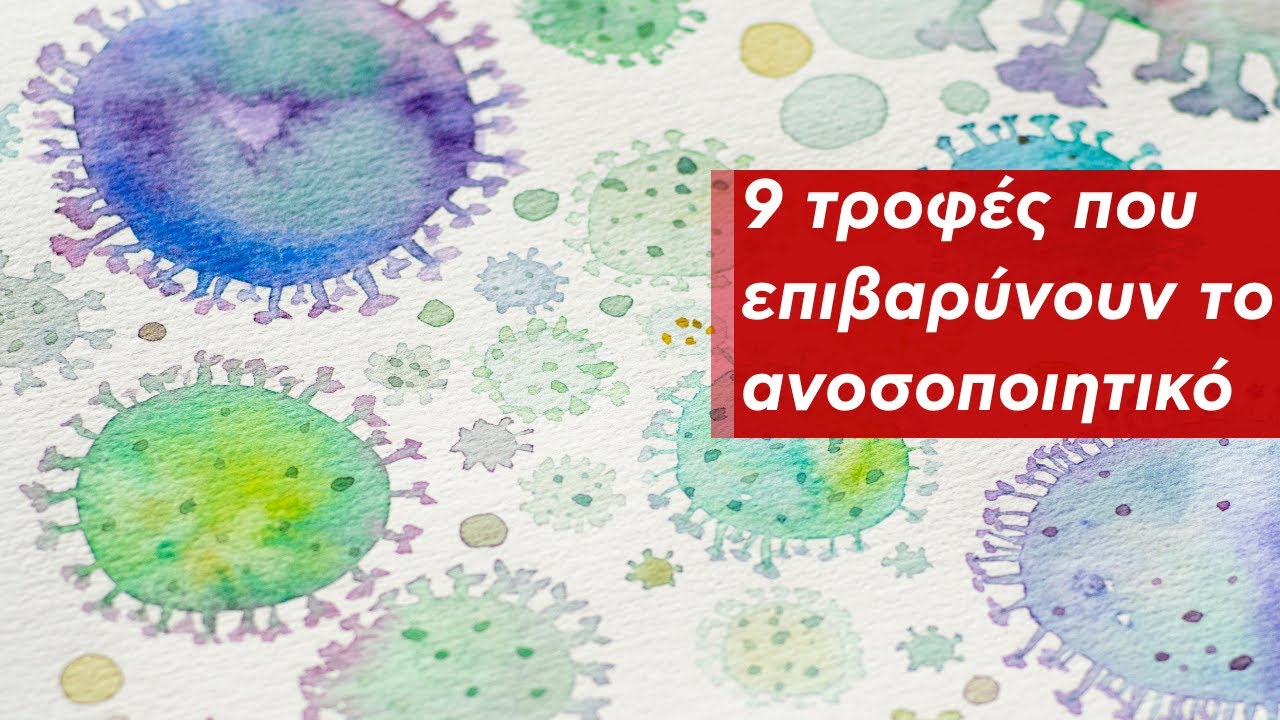
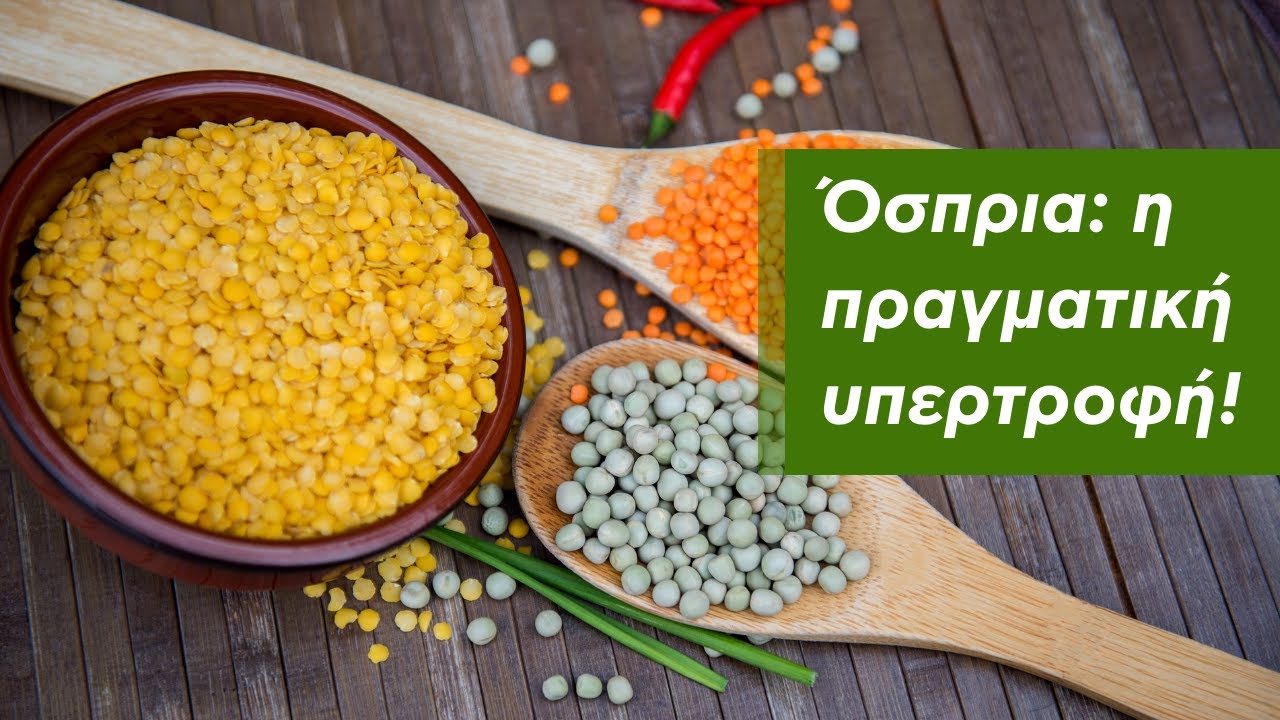
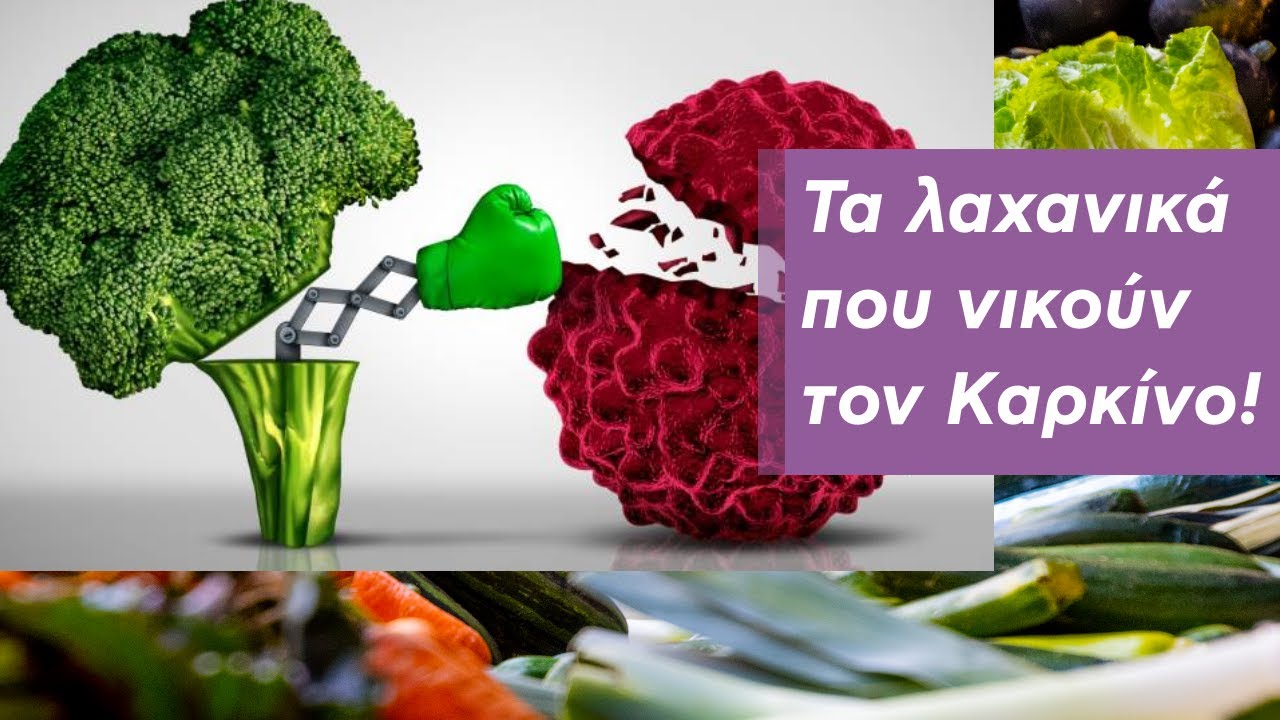

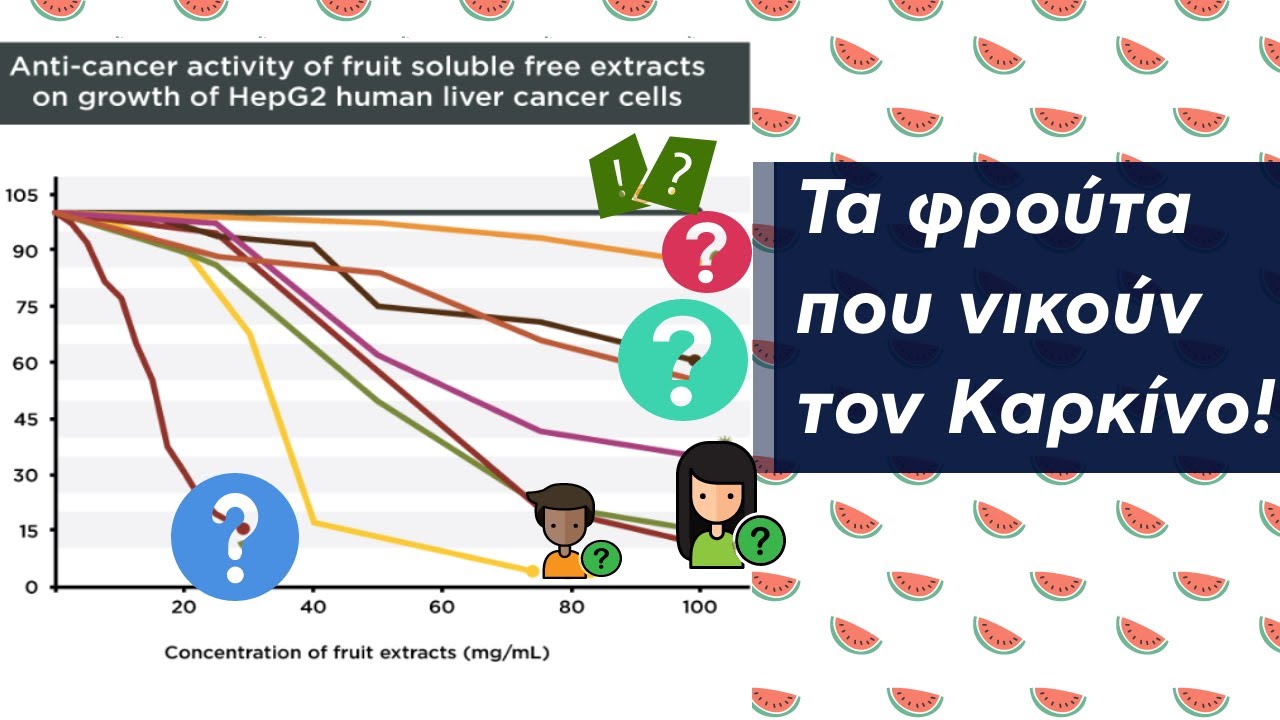
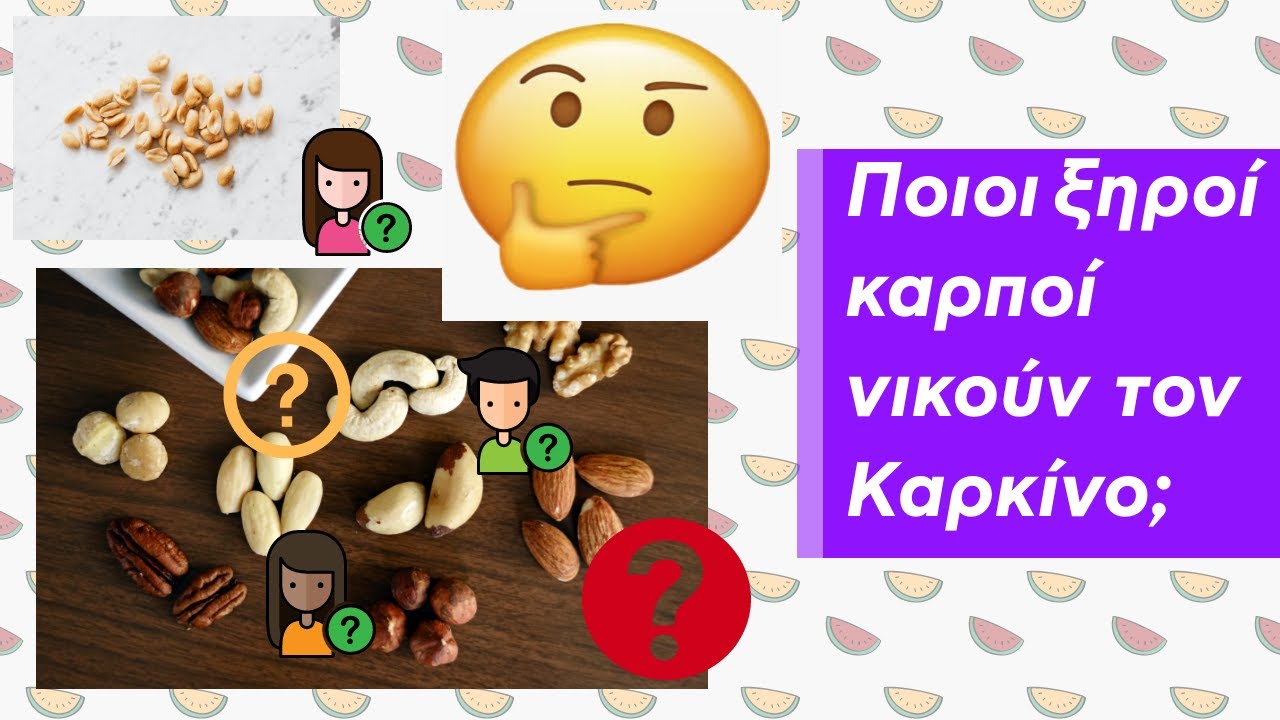
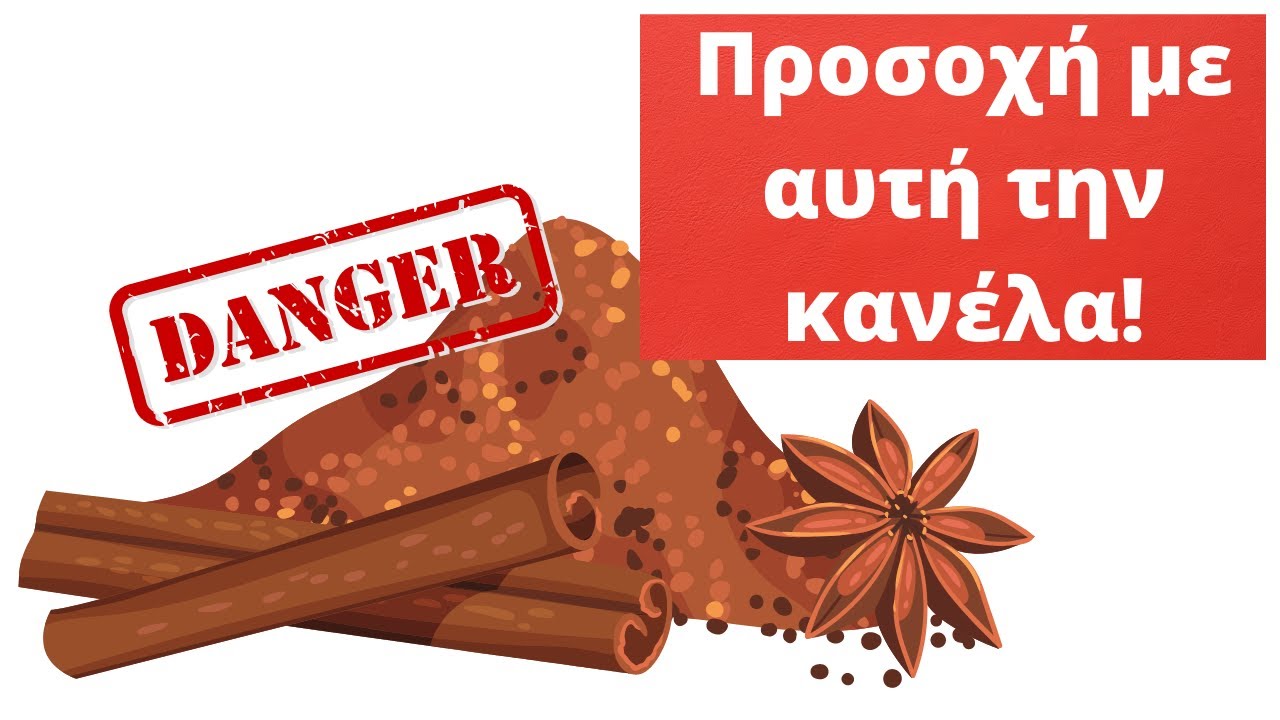
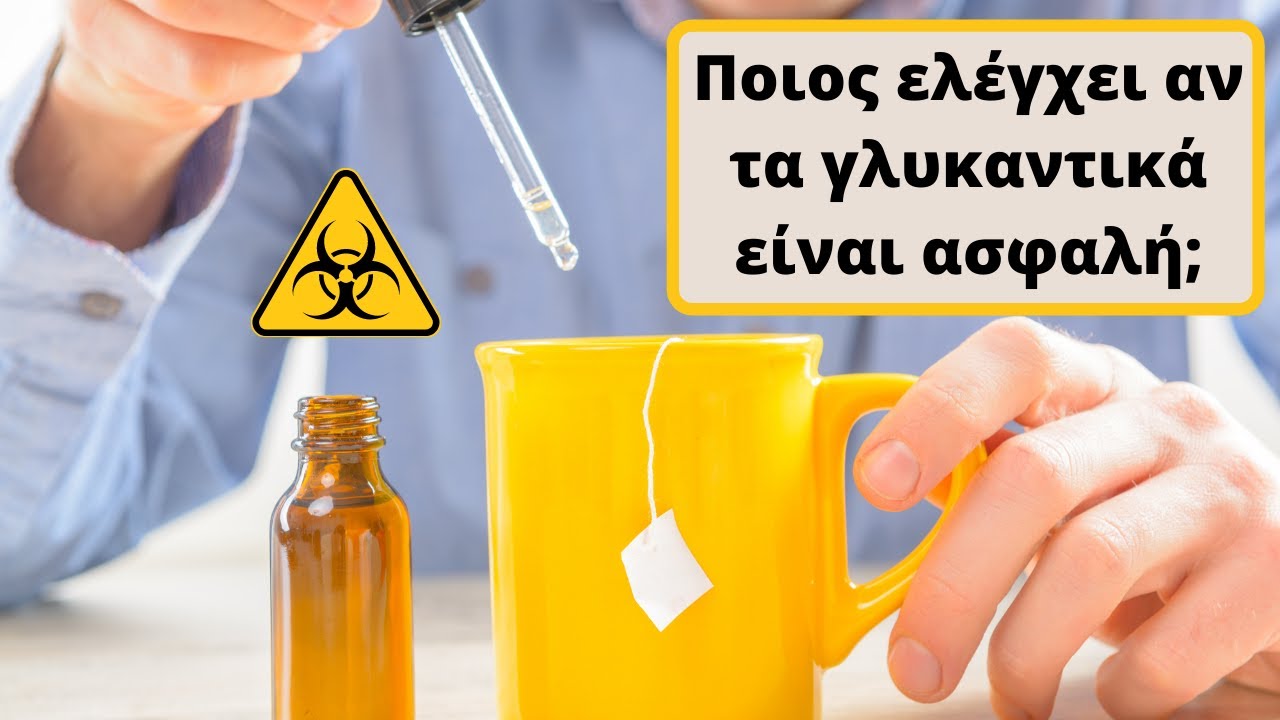

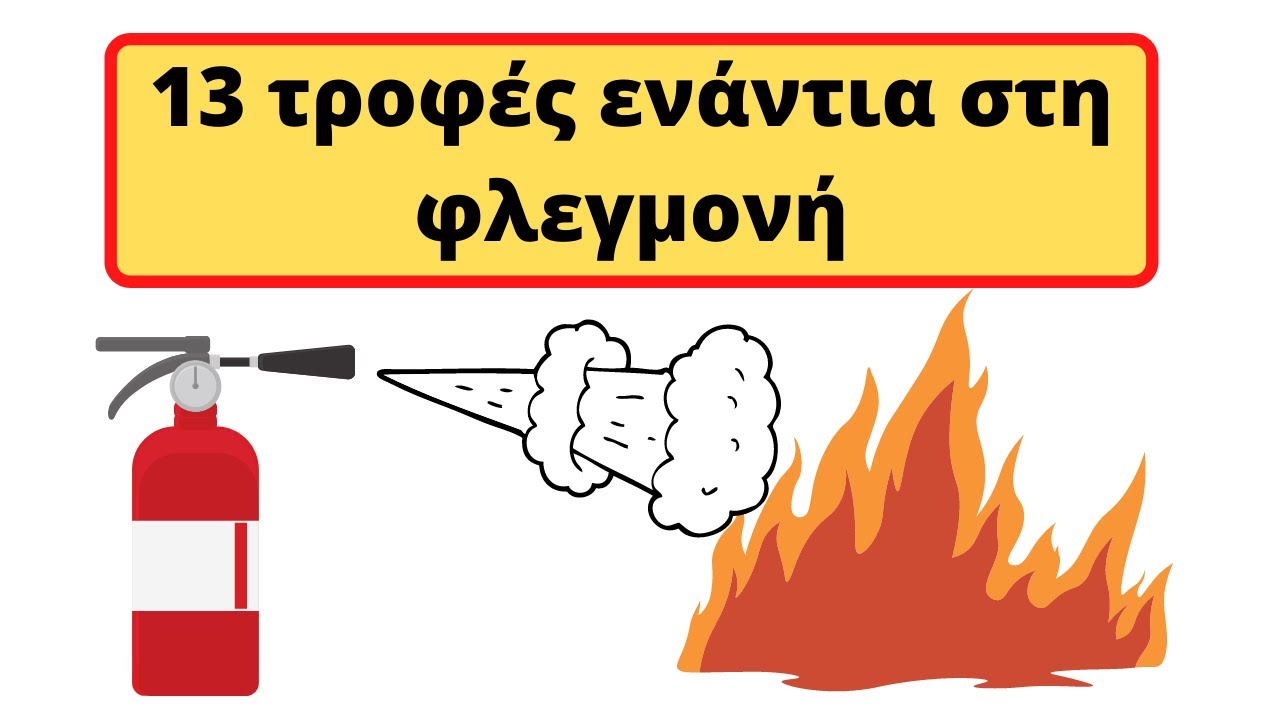
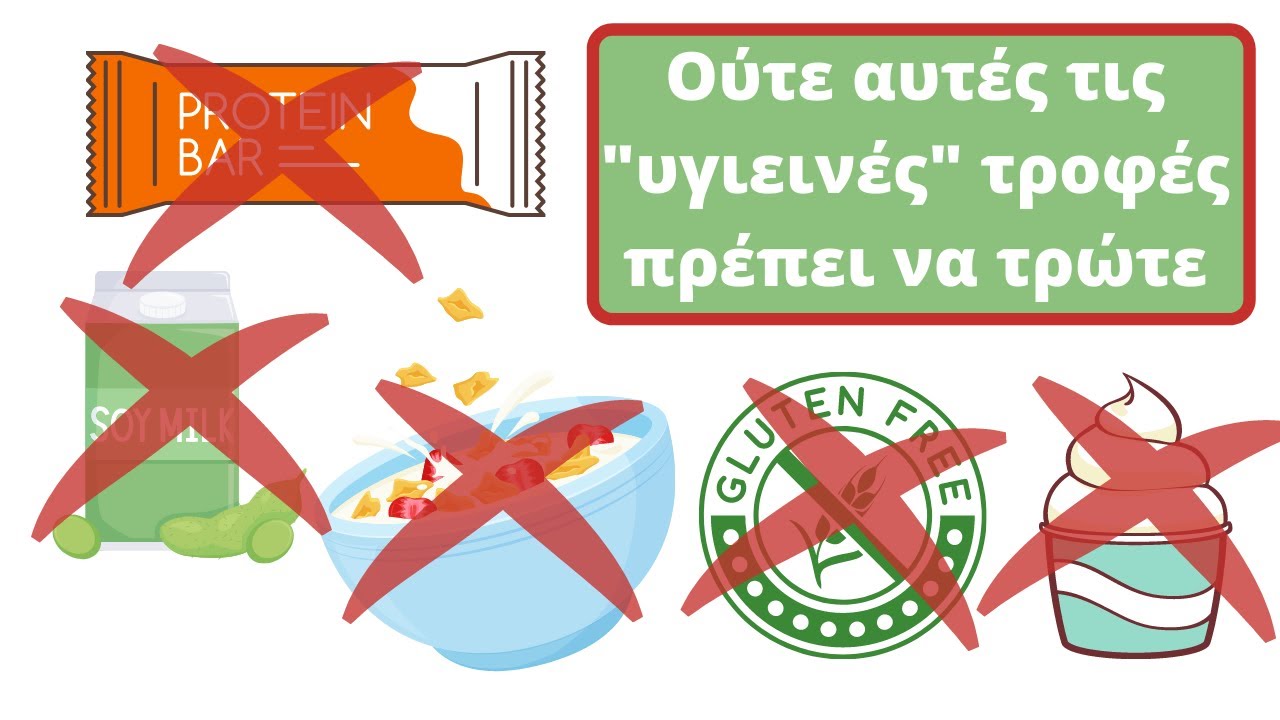



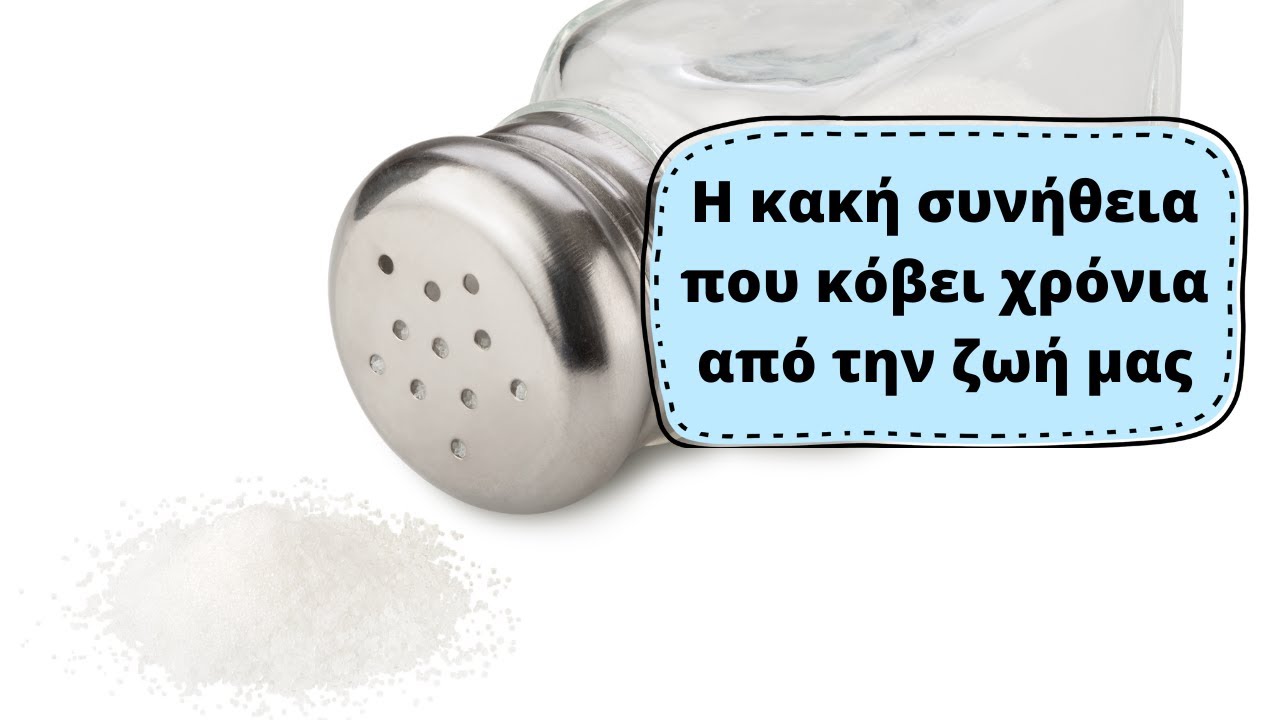
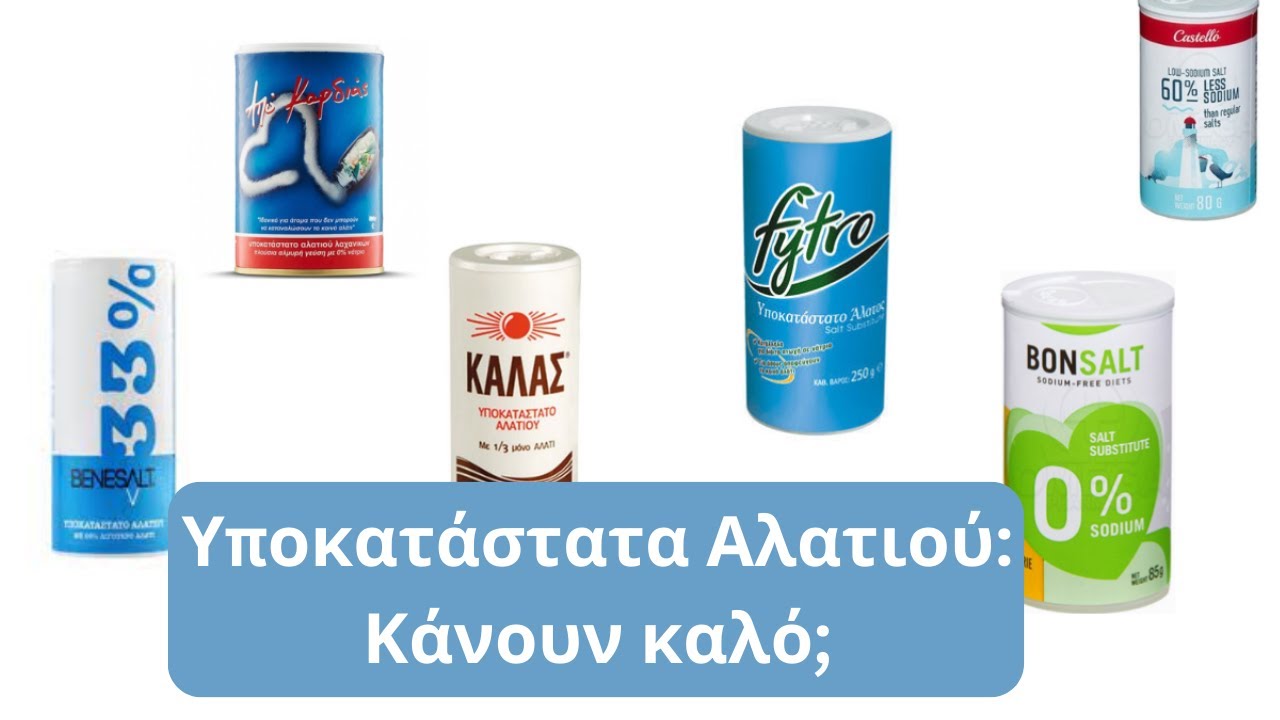
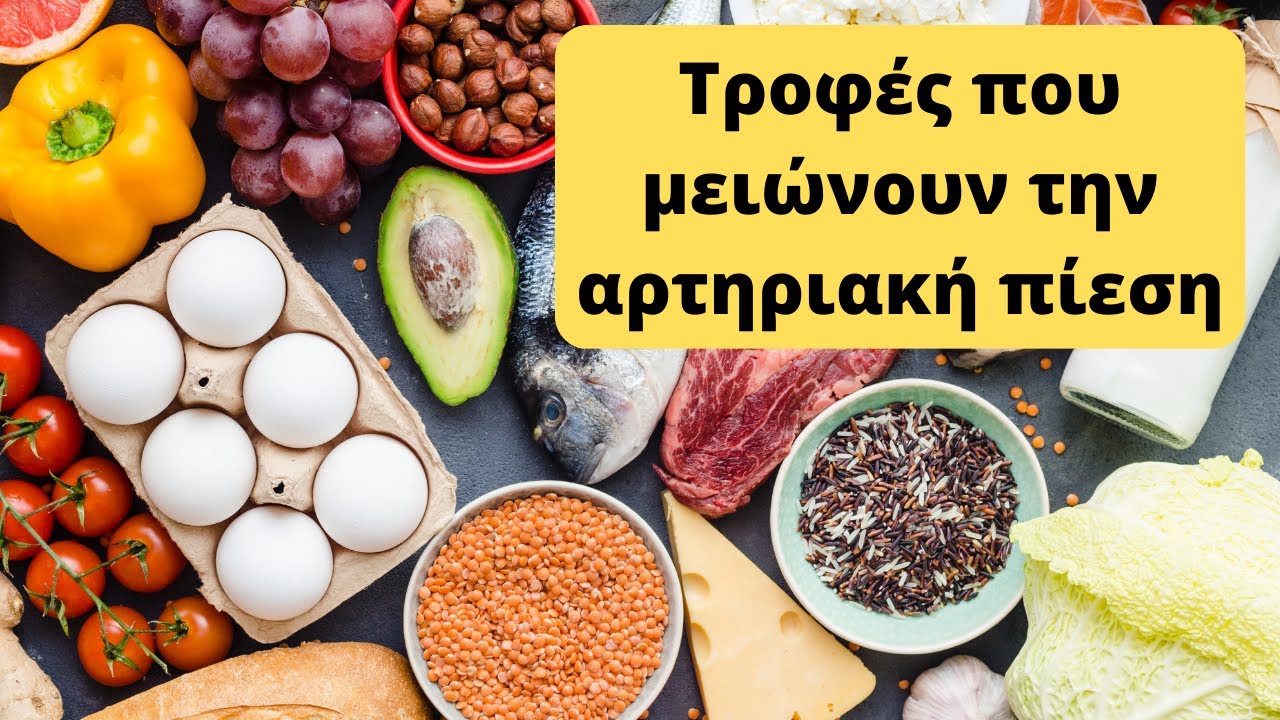
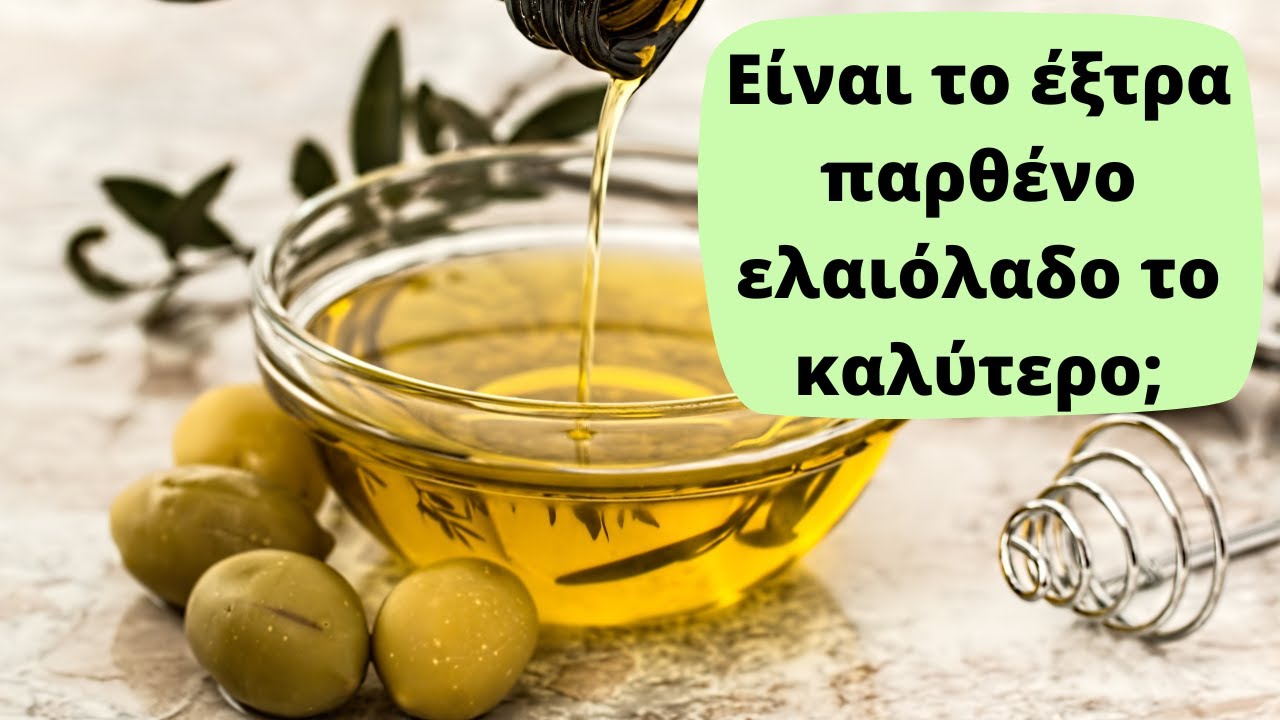
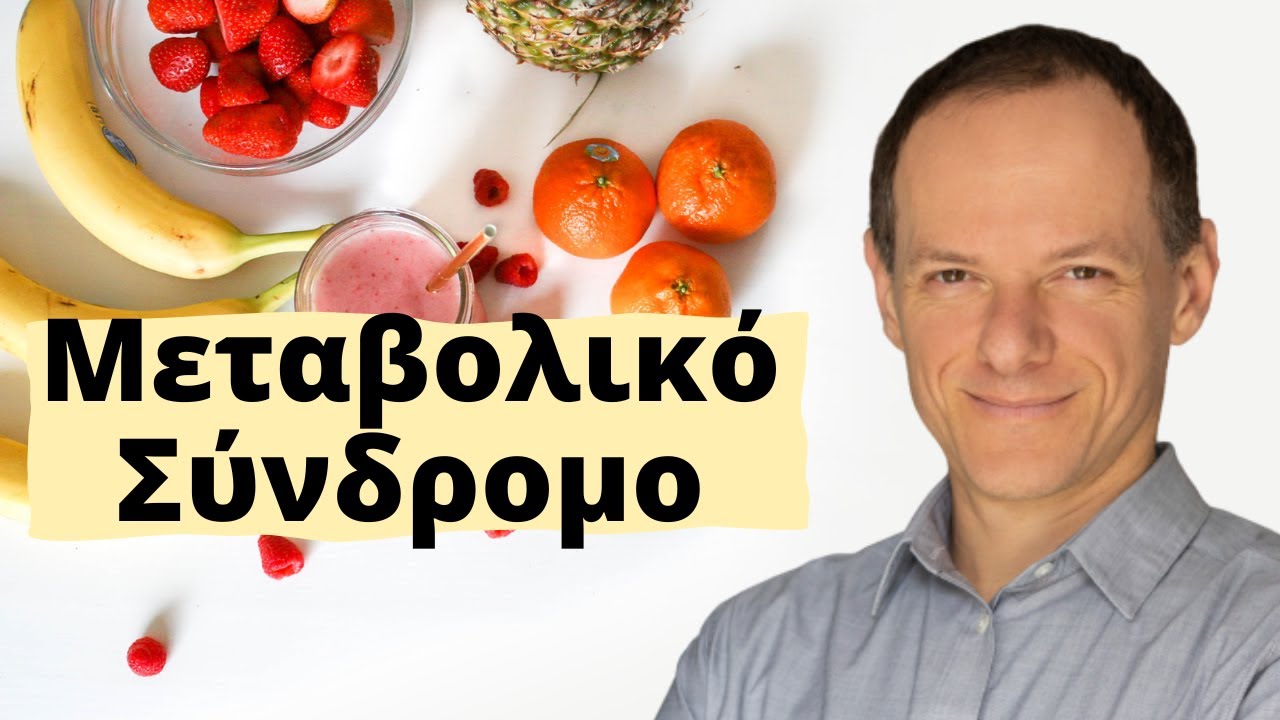

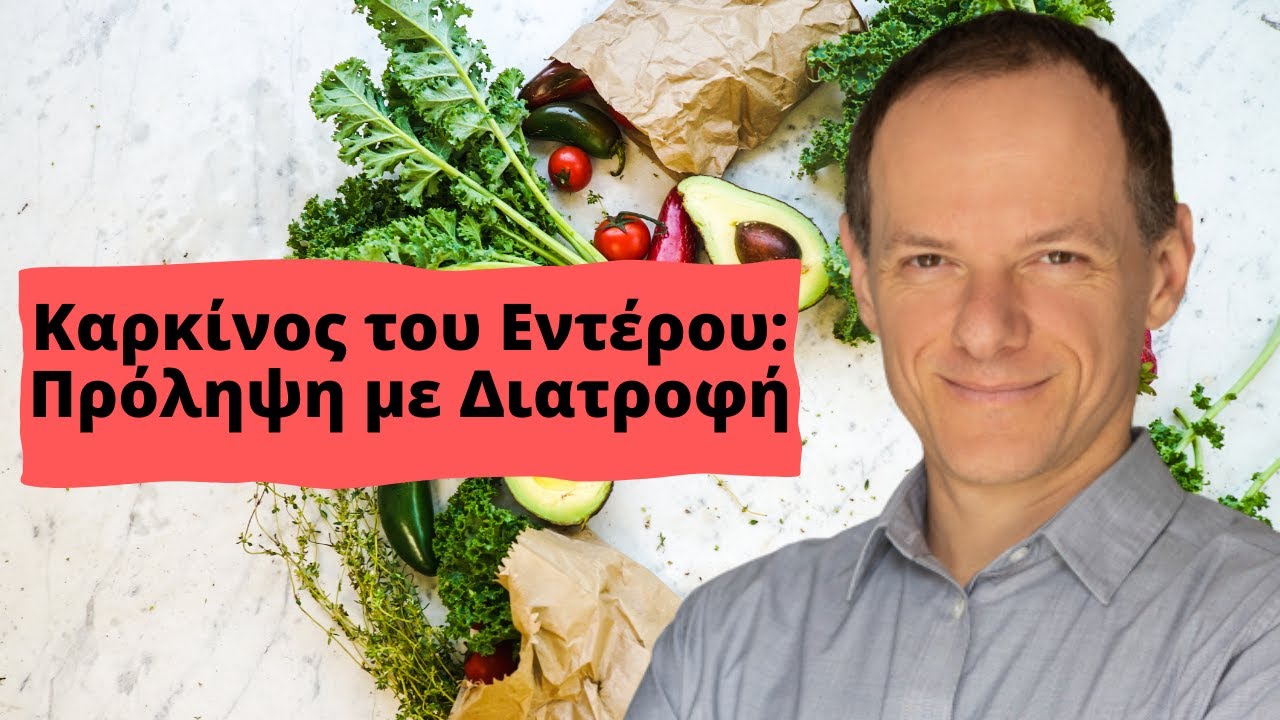
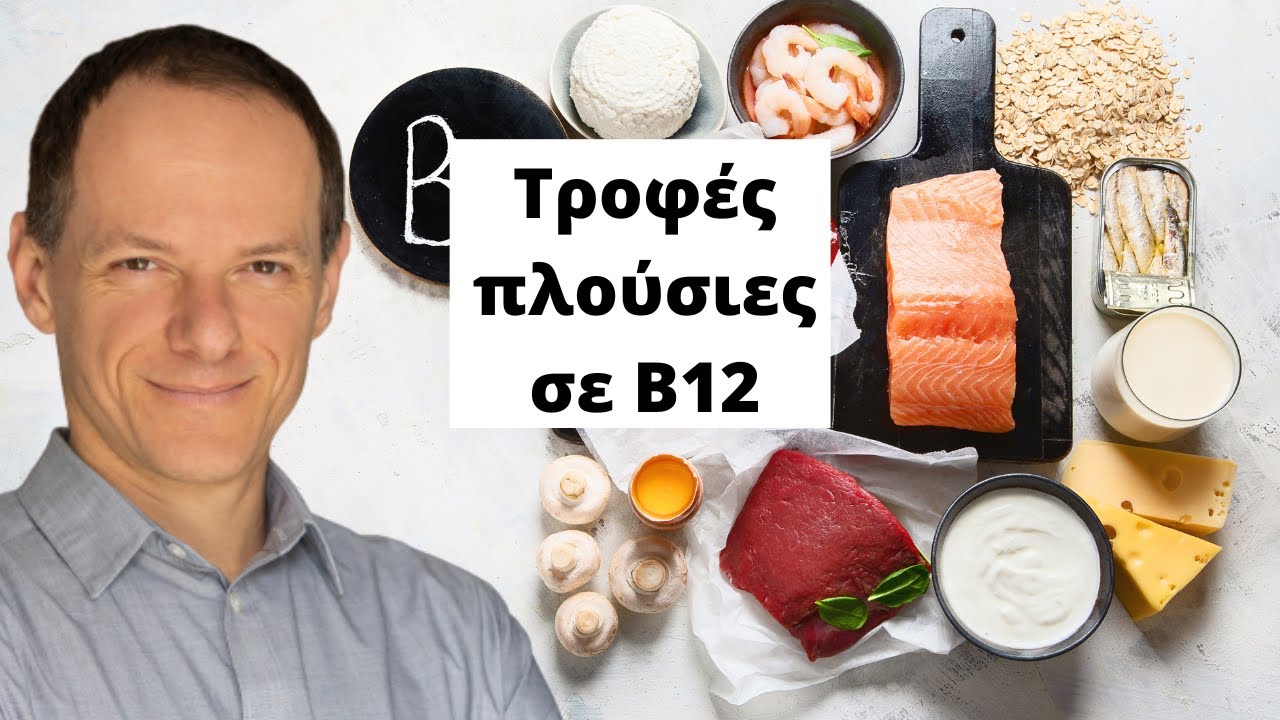
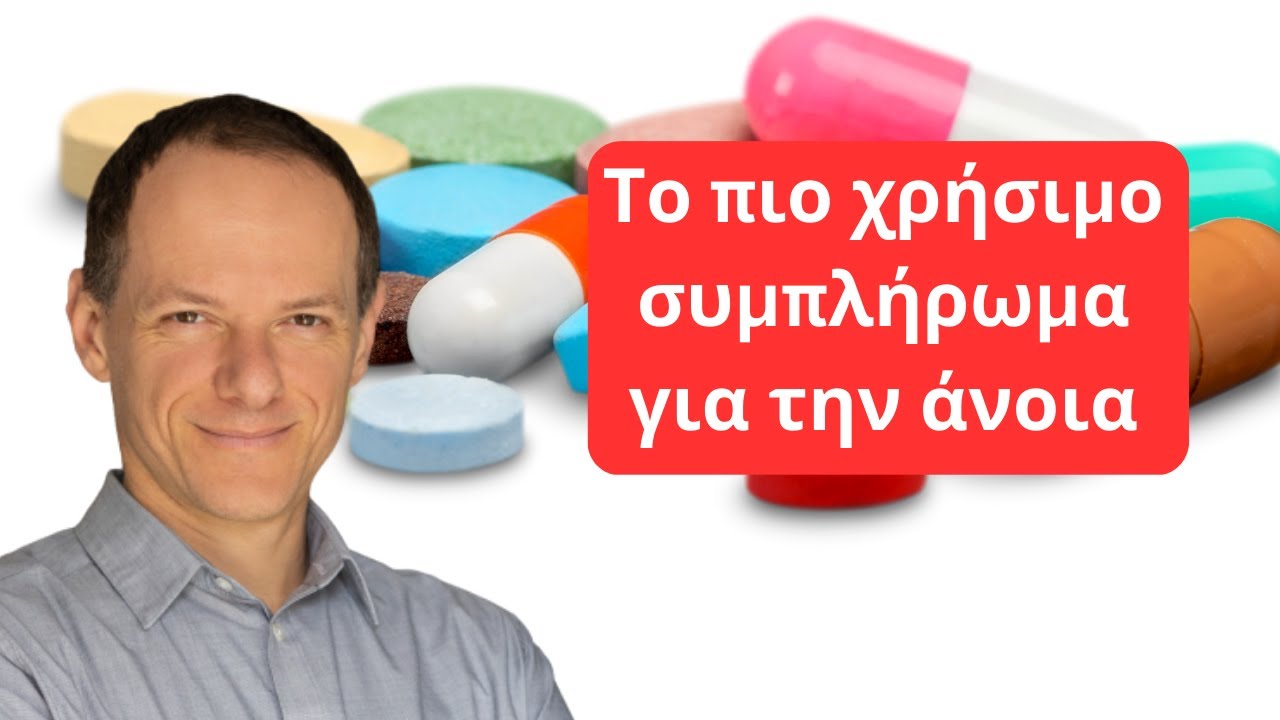




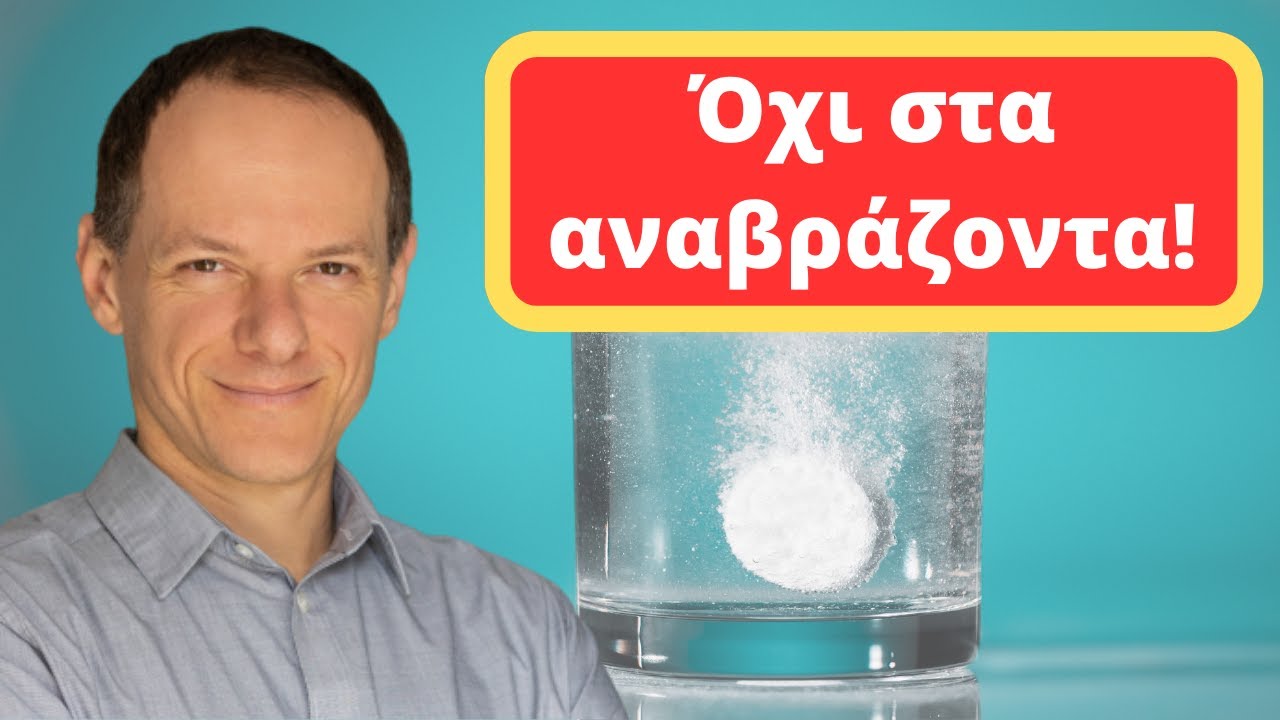
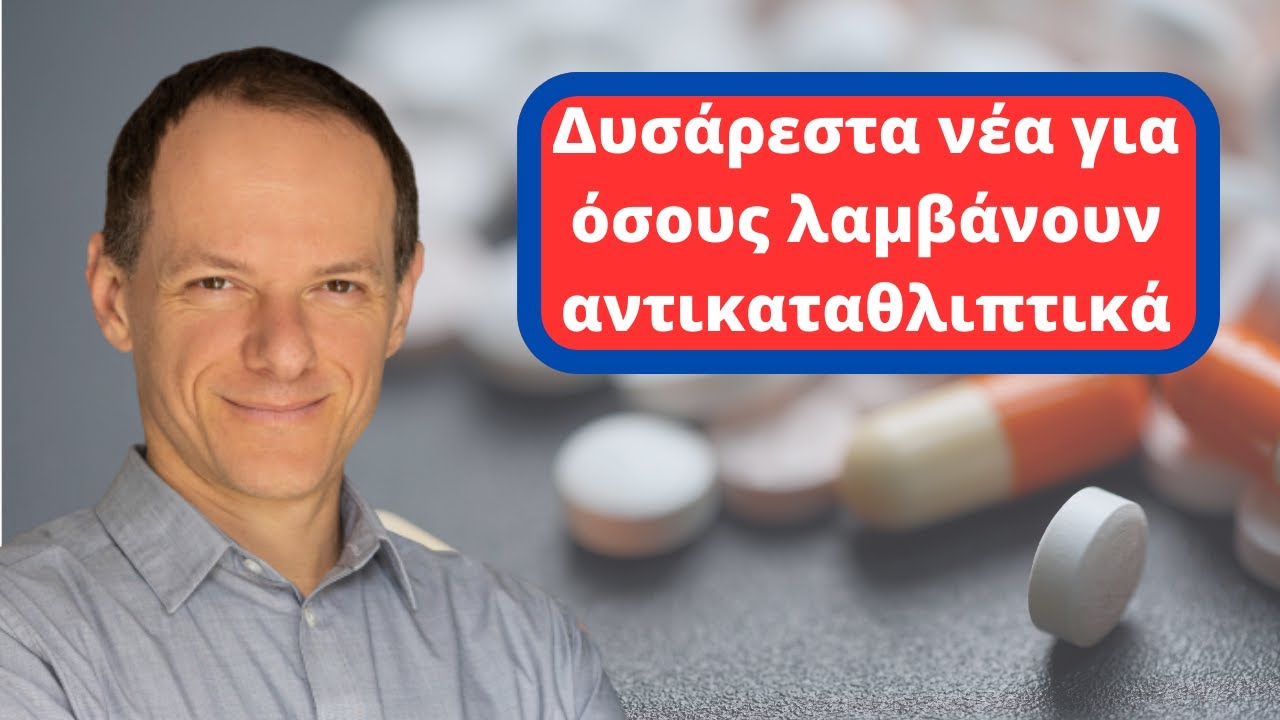


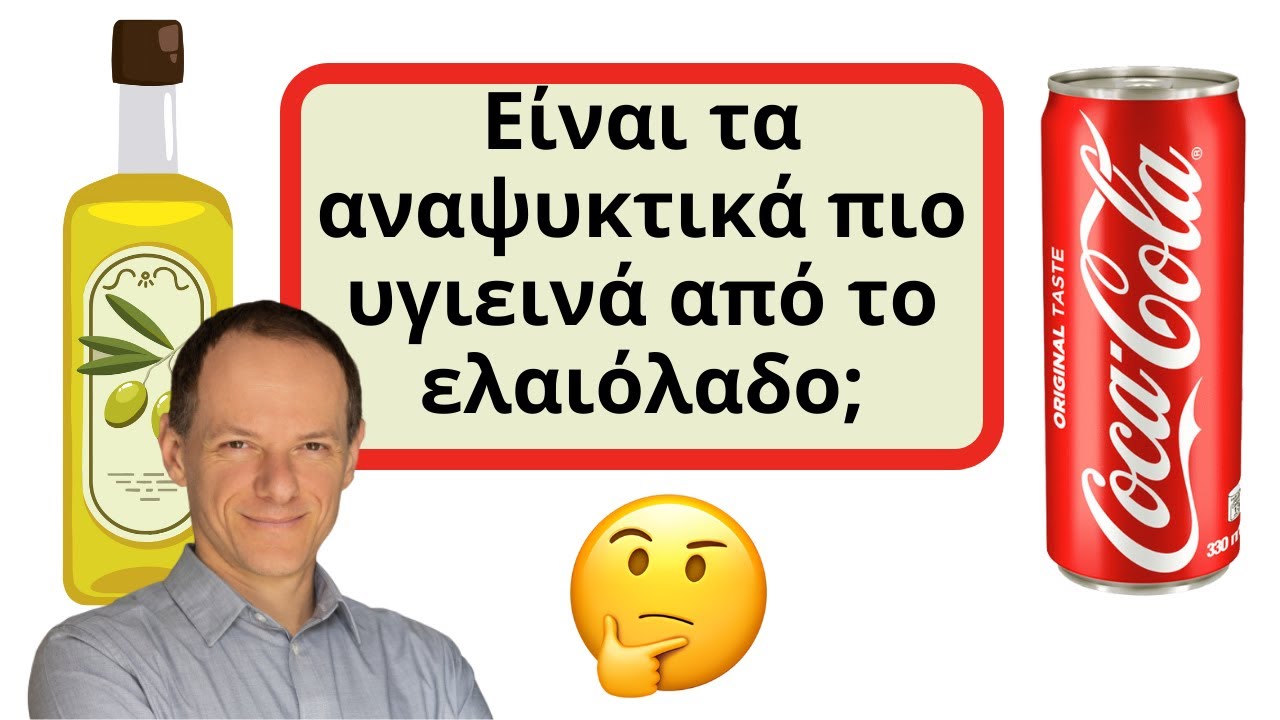


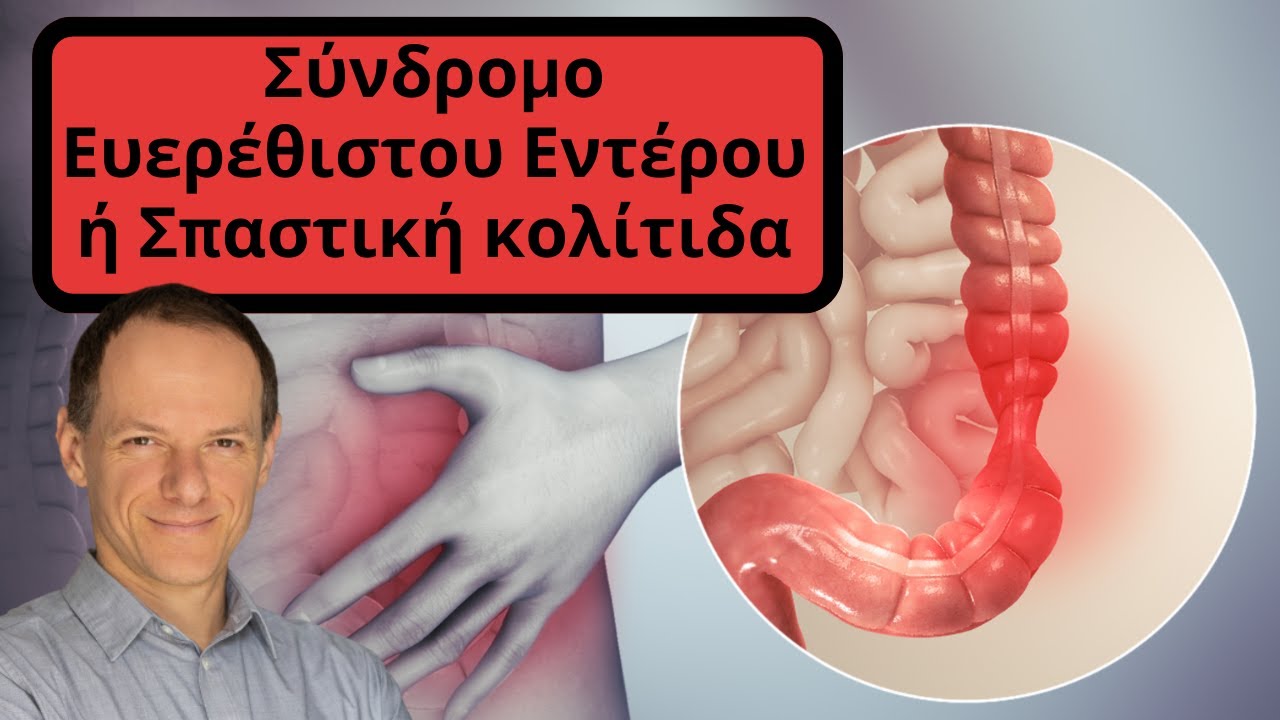
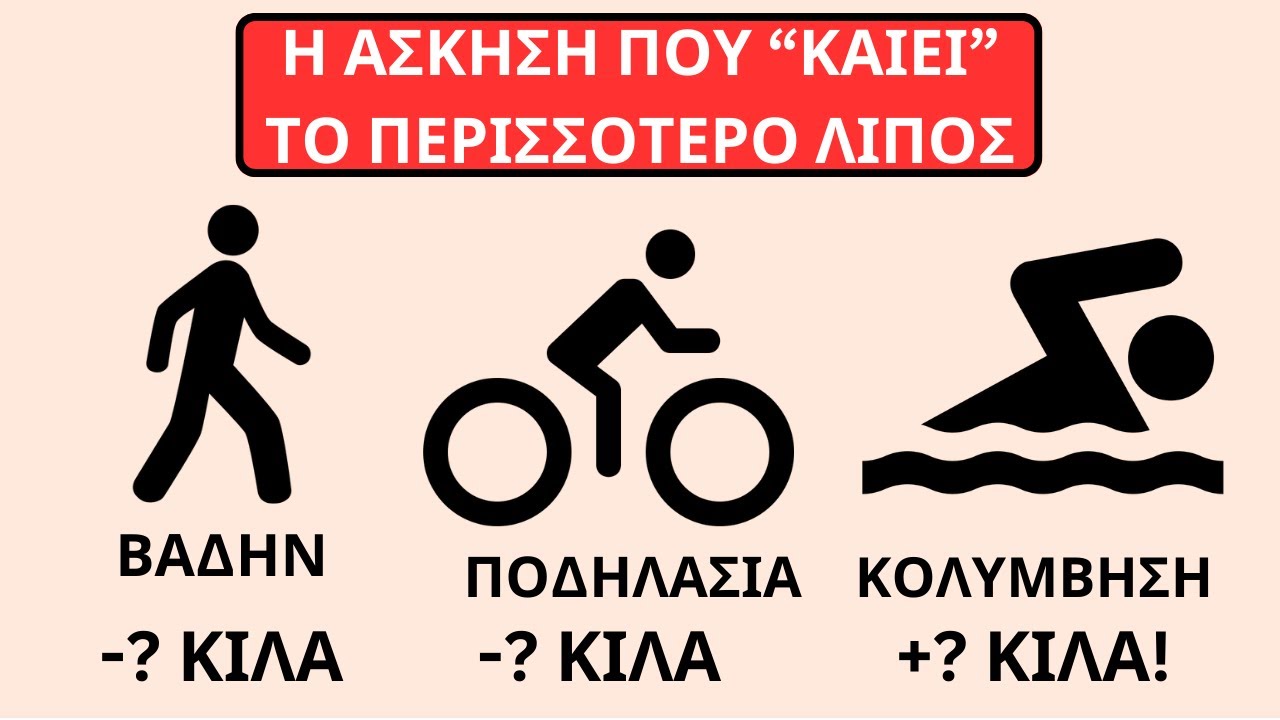


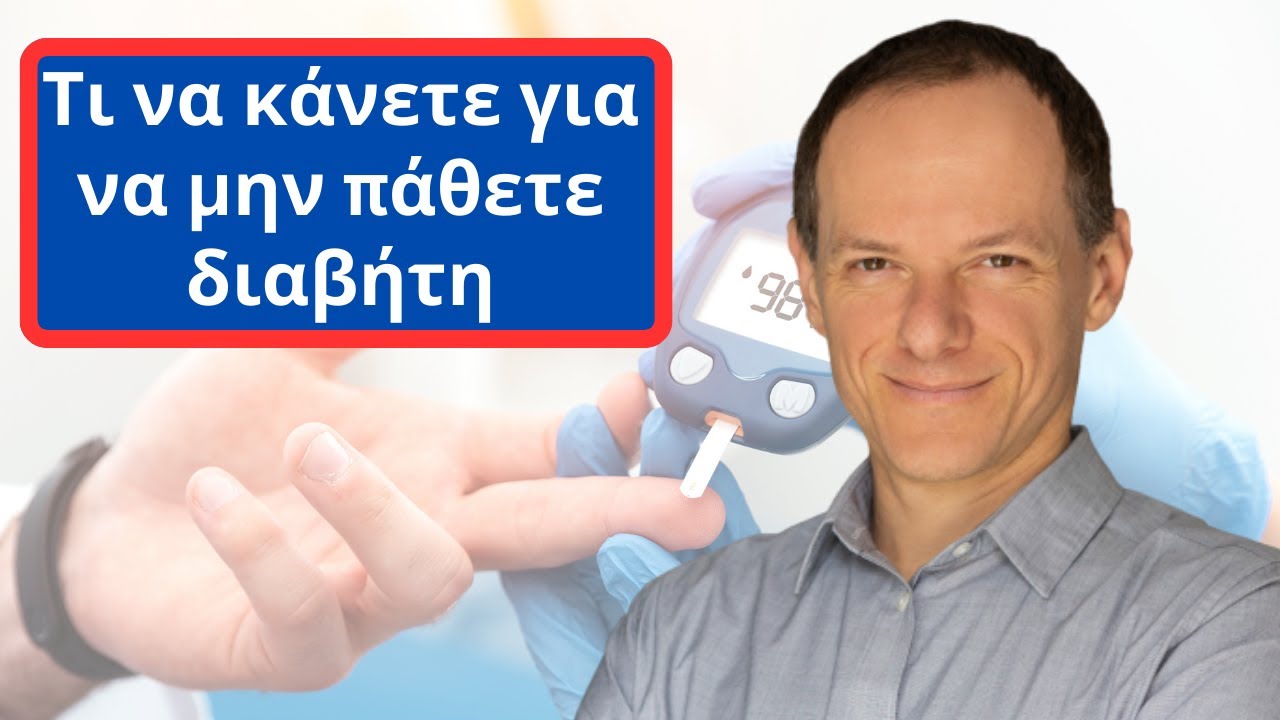
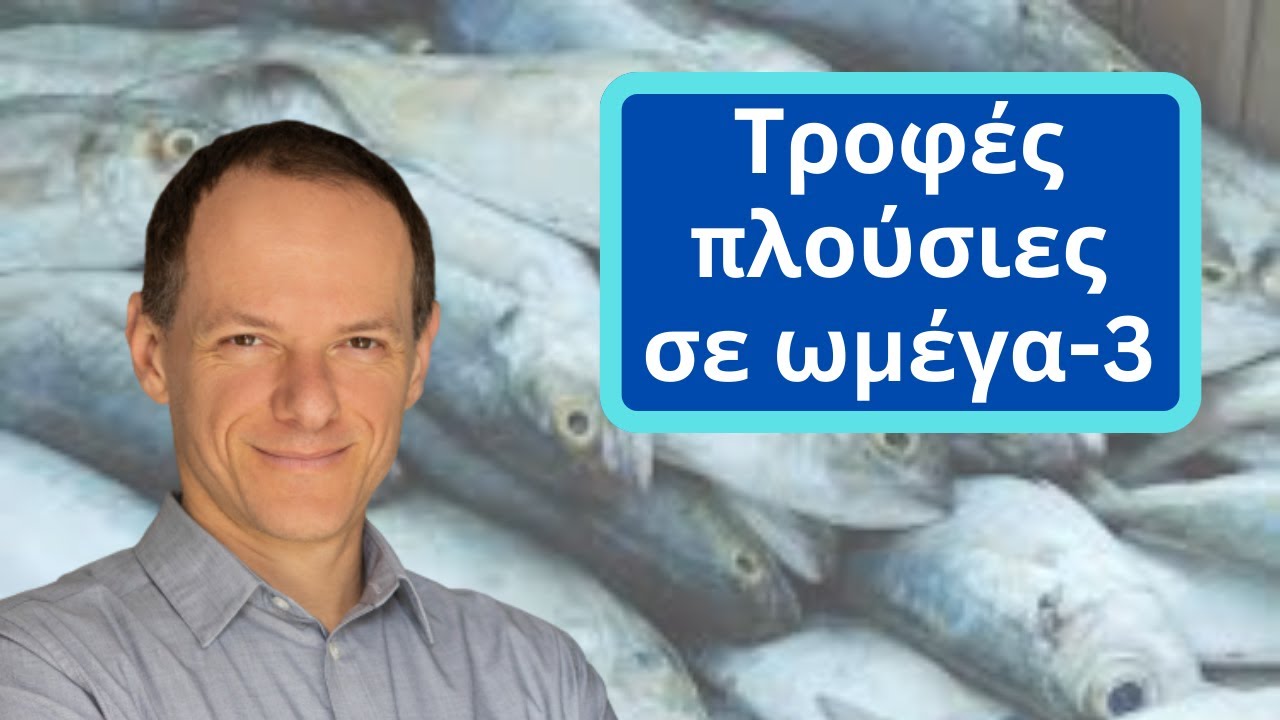

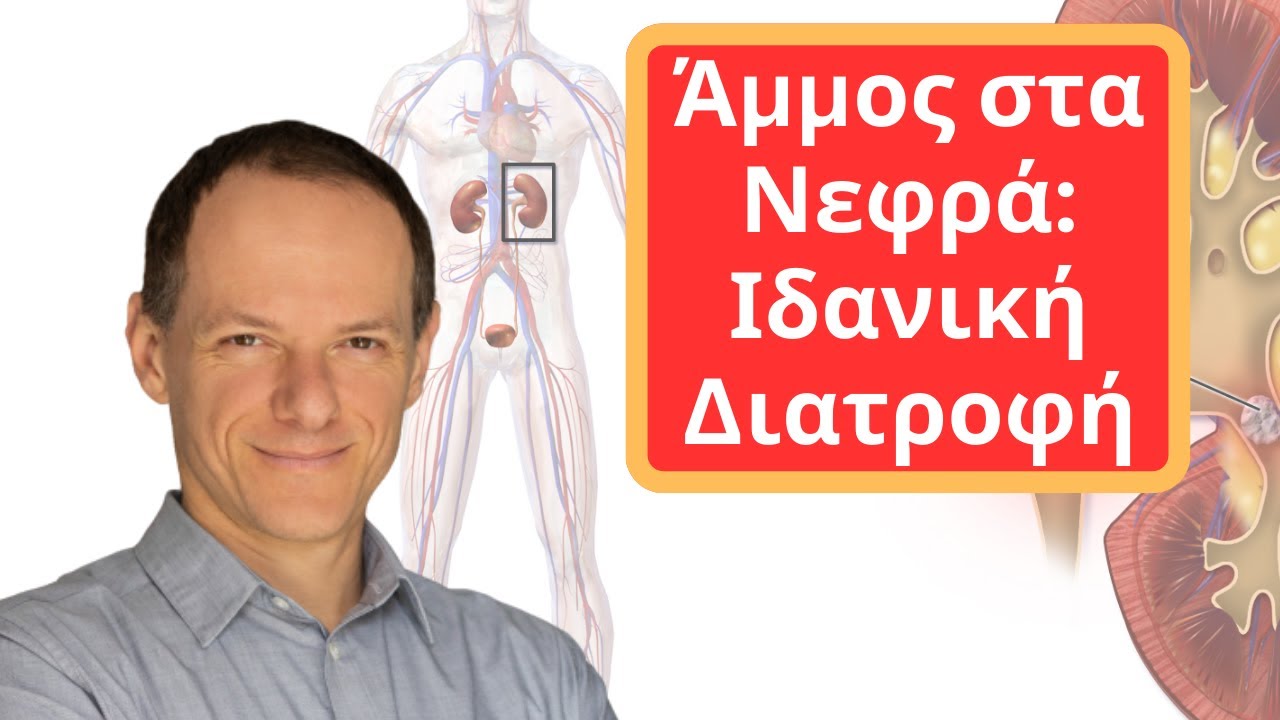



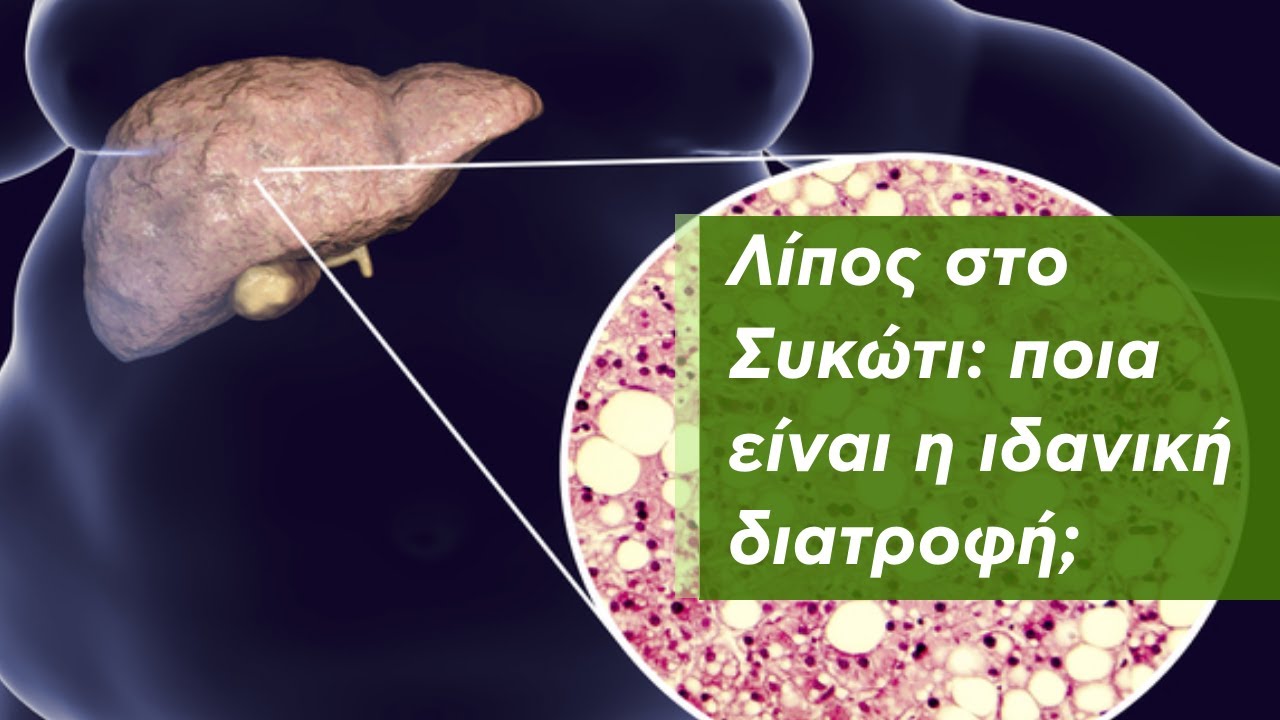
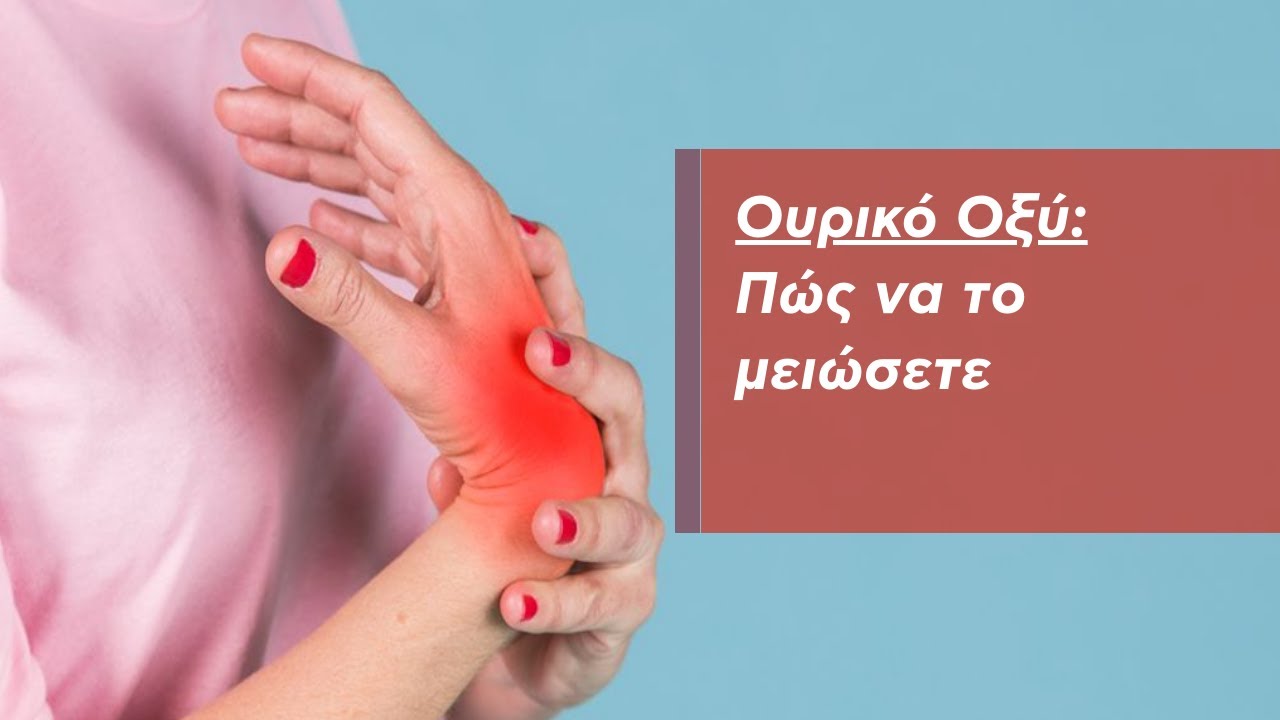
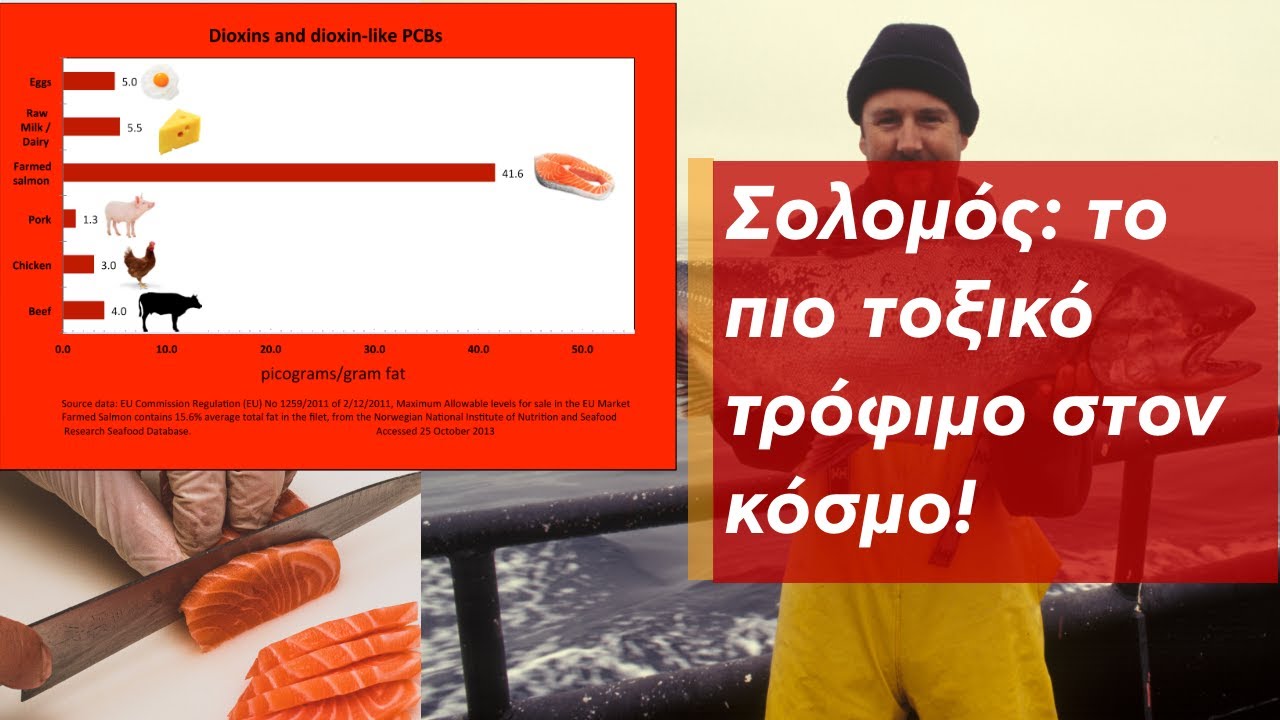
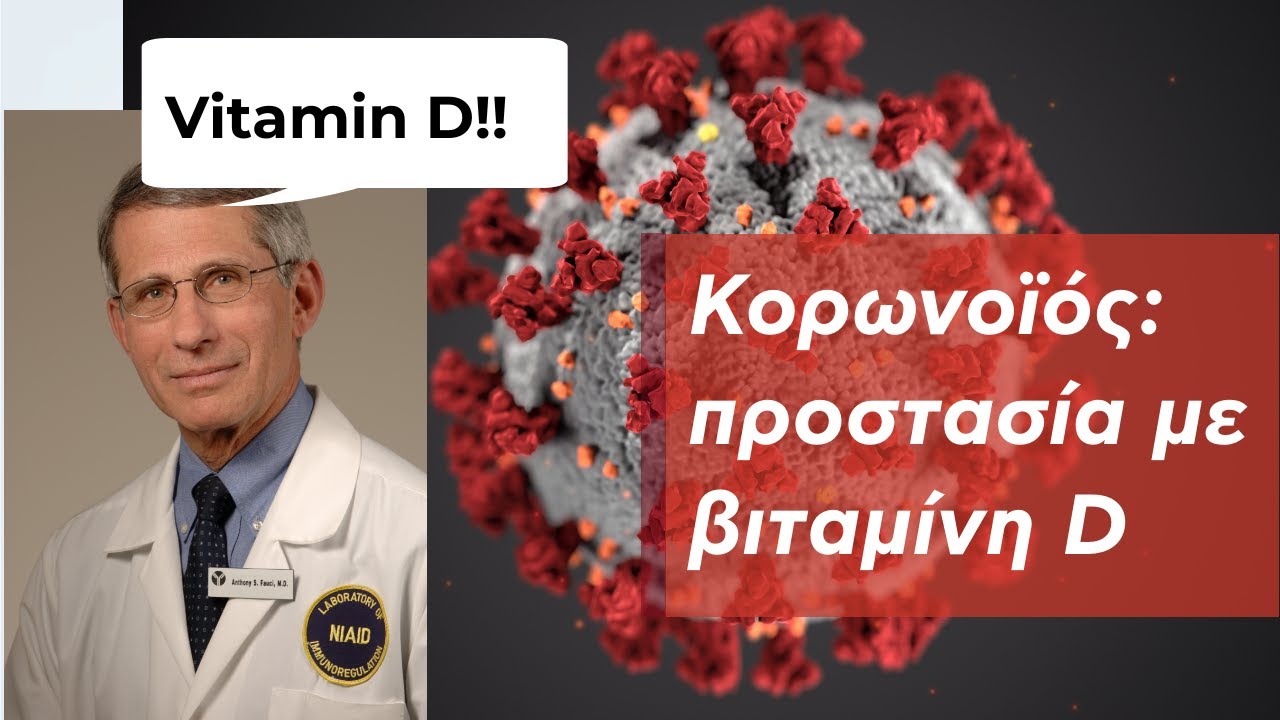



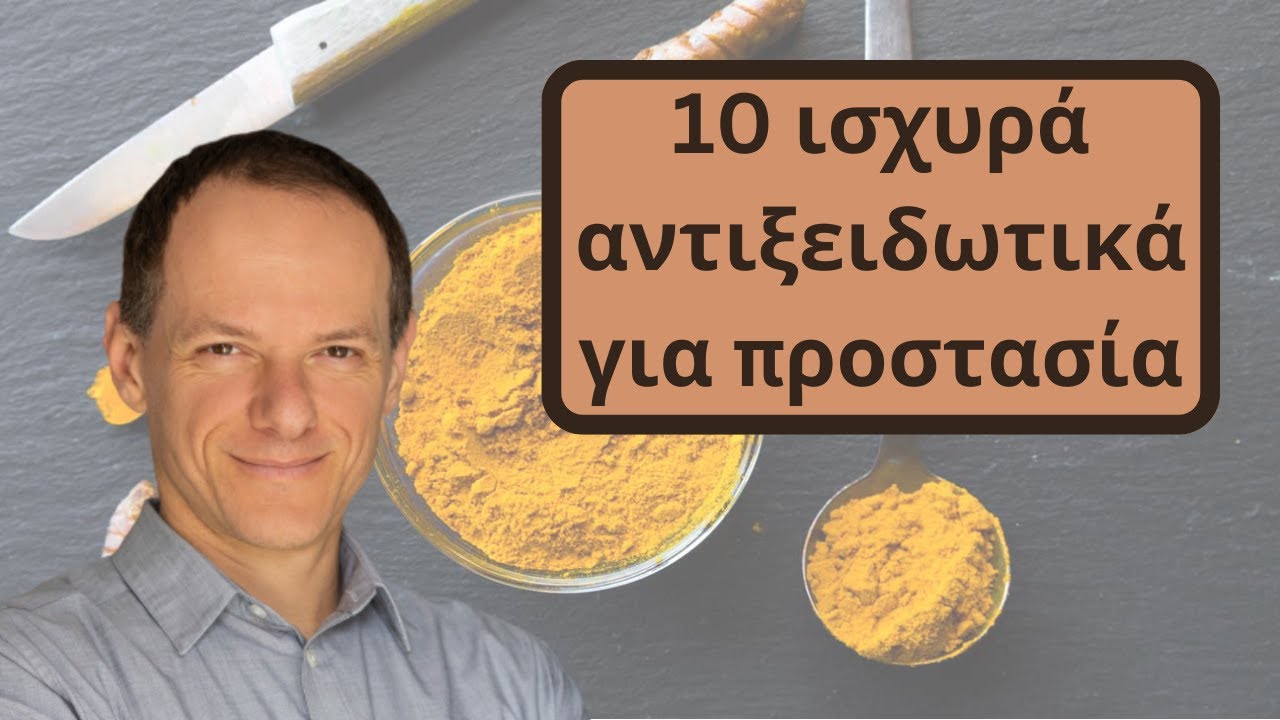
0 Σχόλια